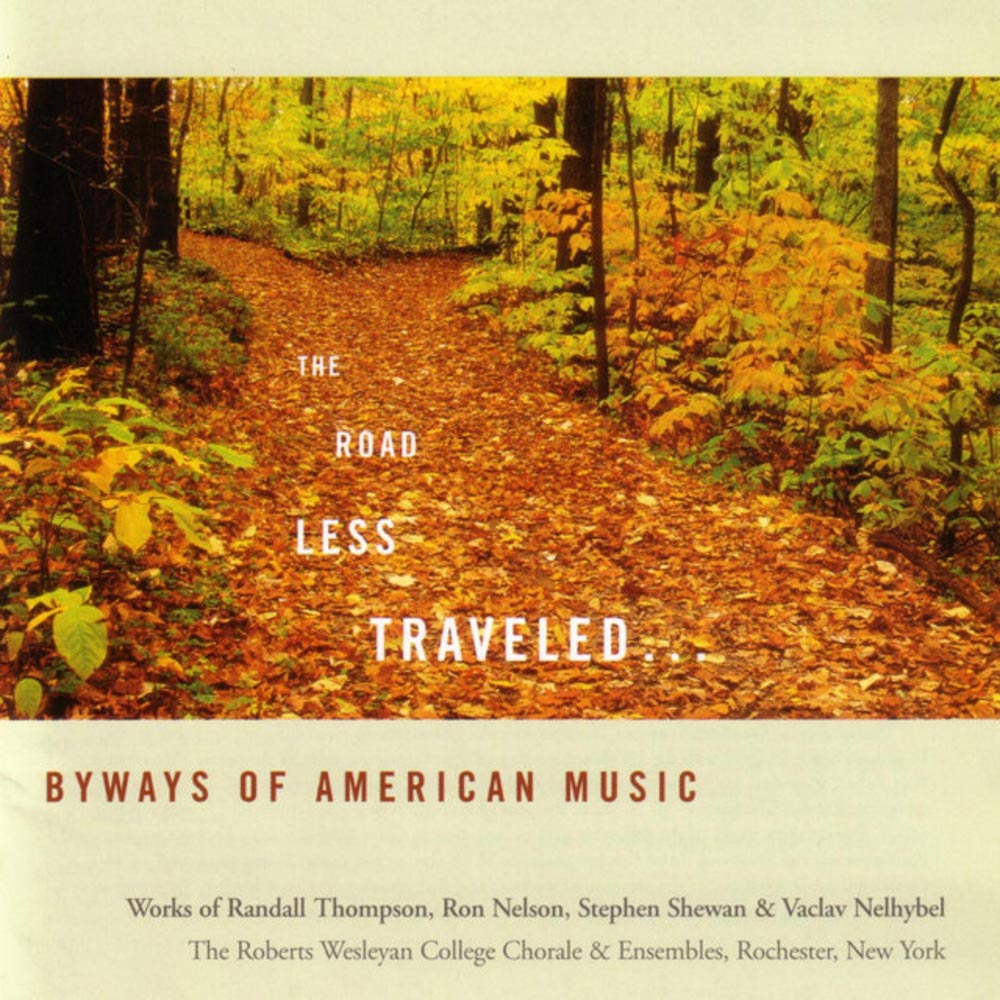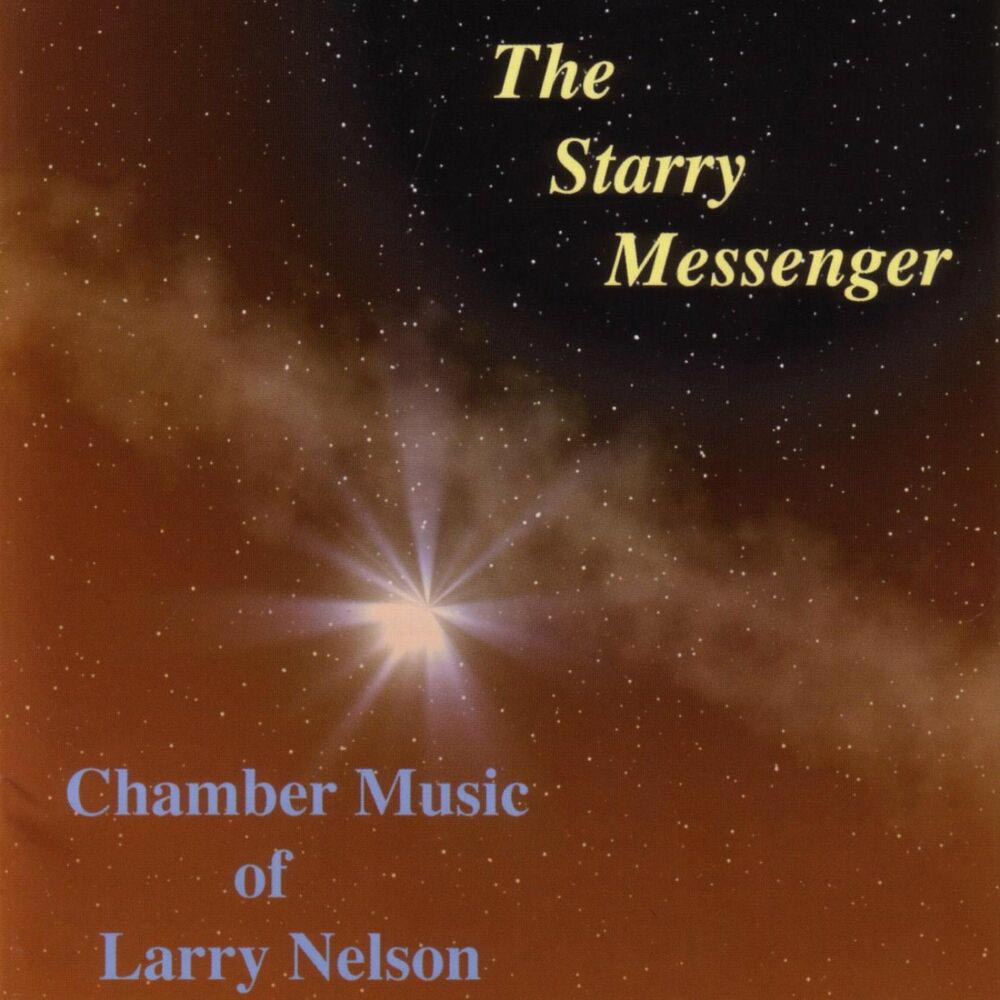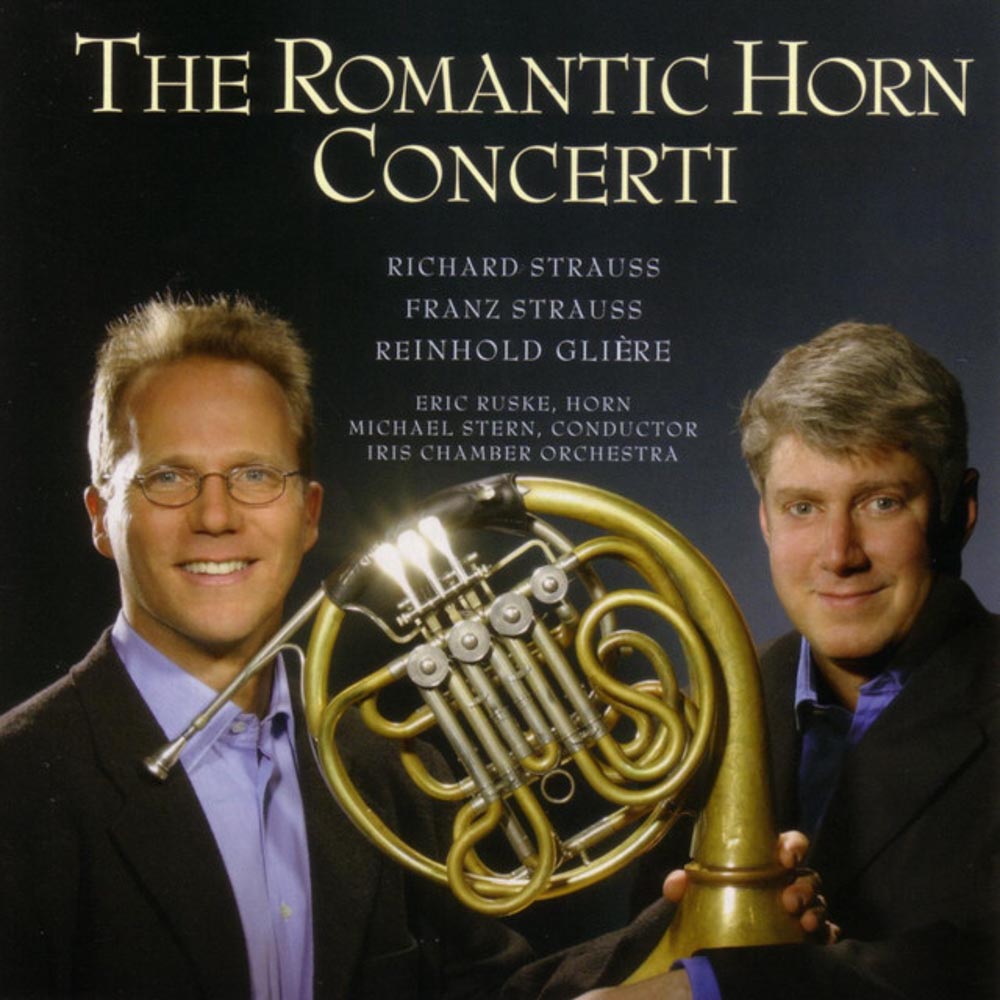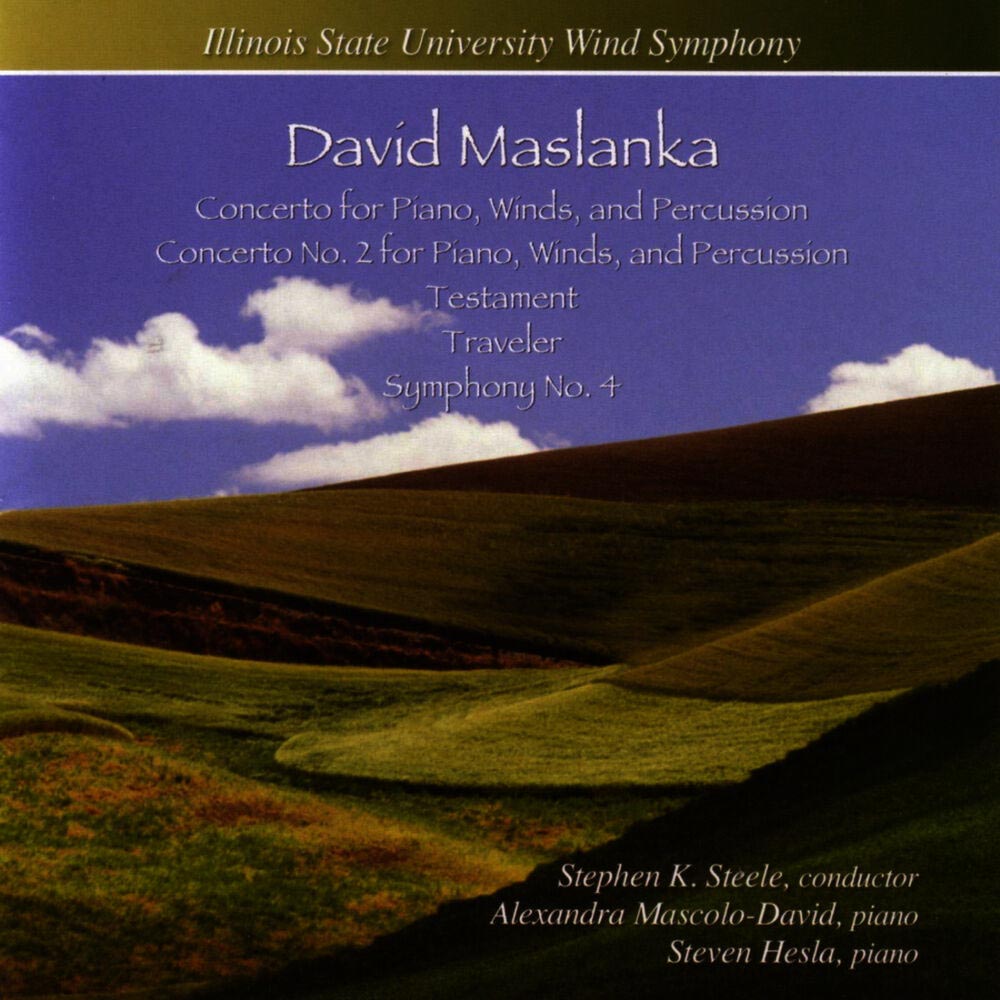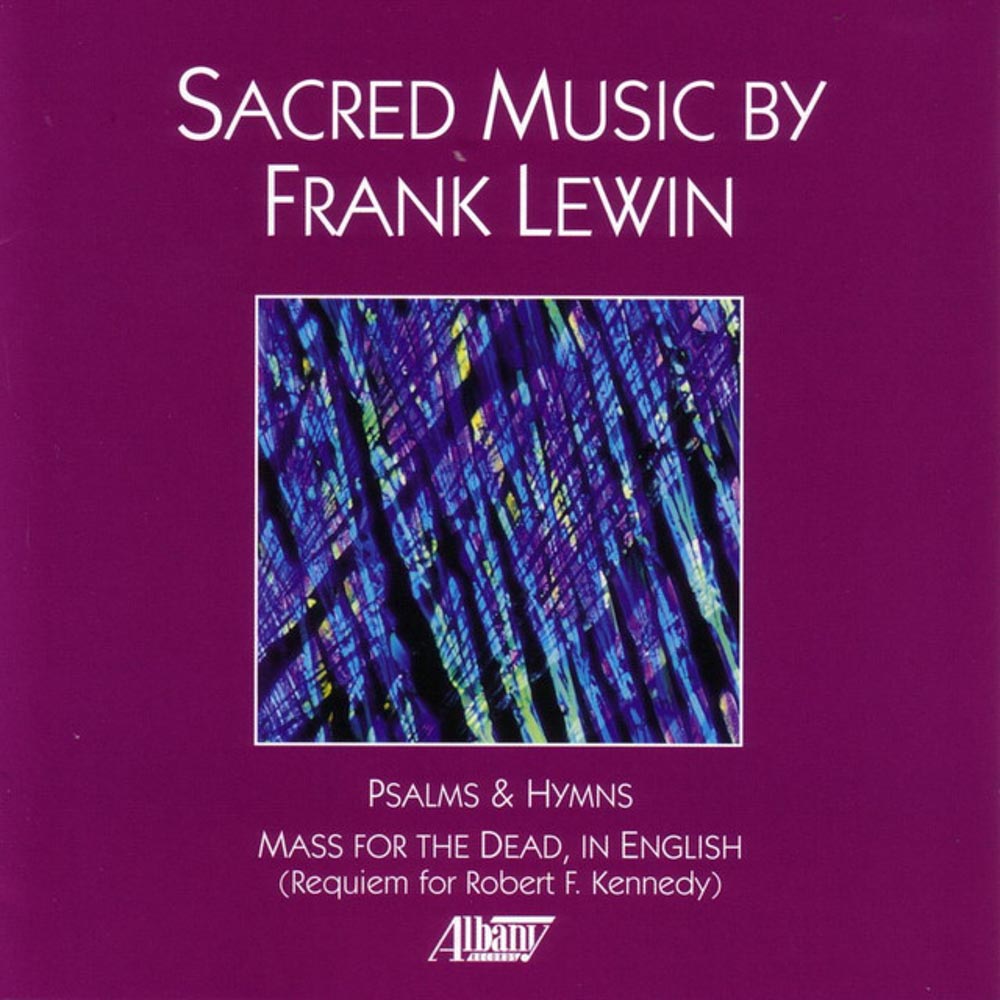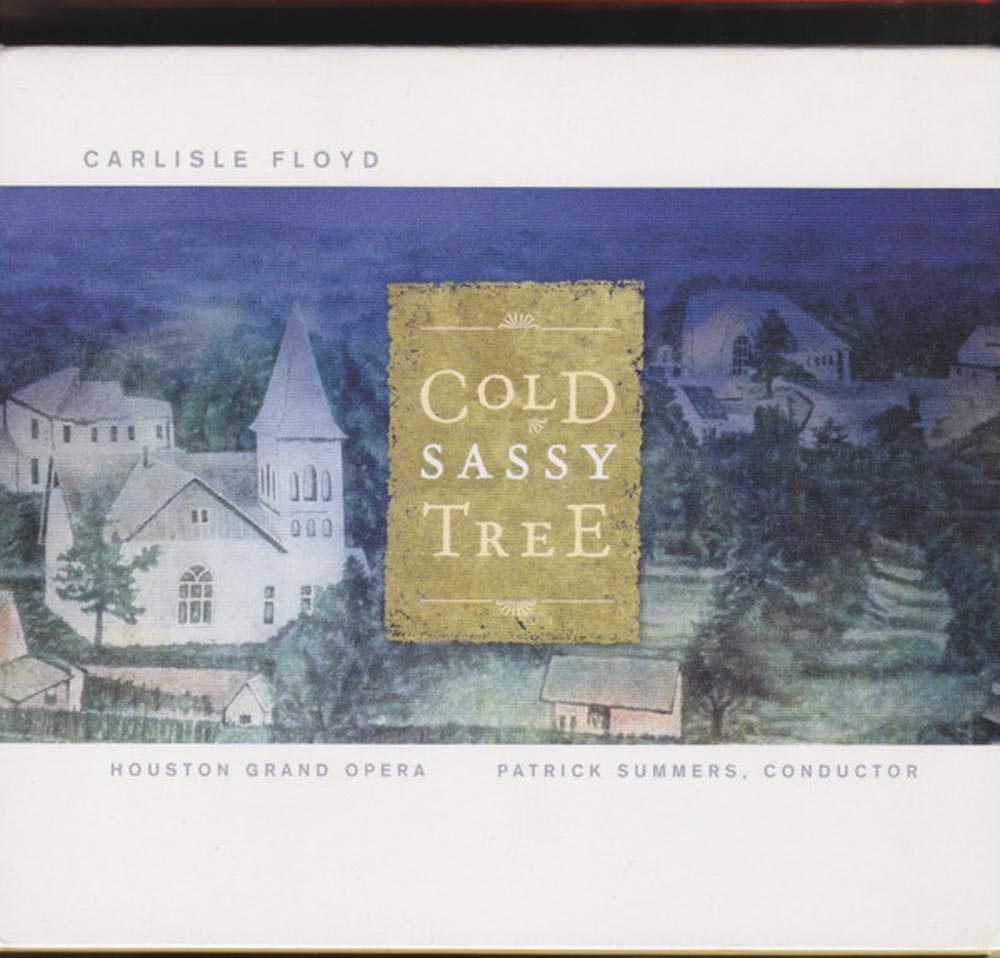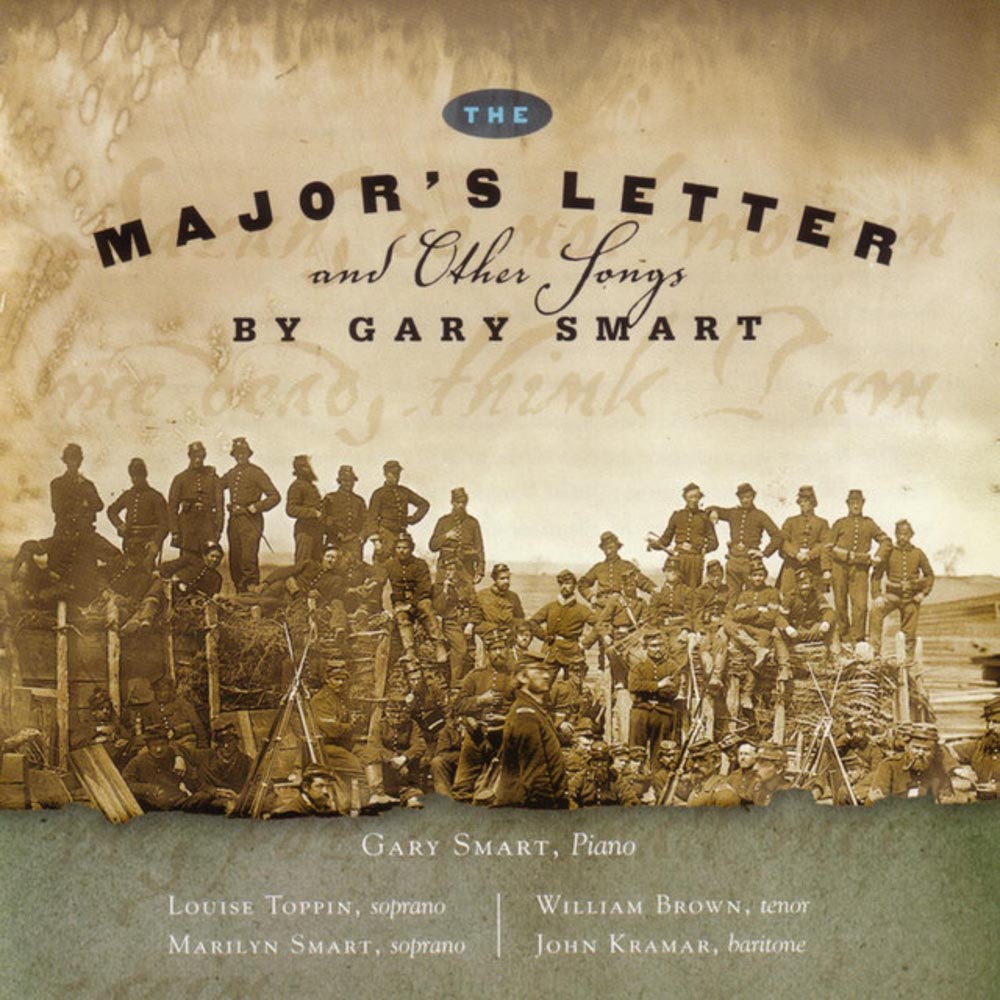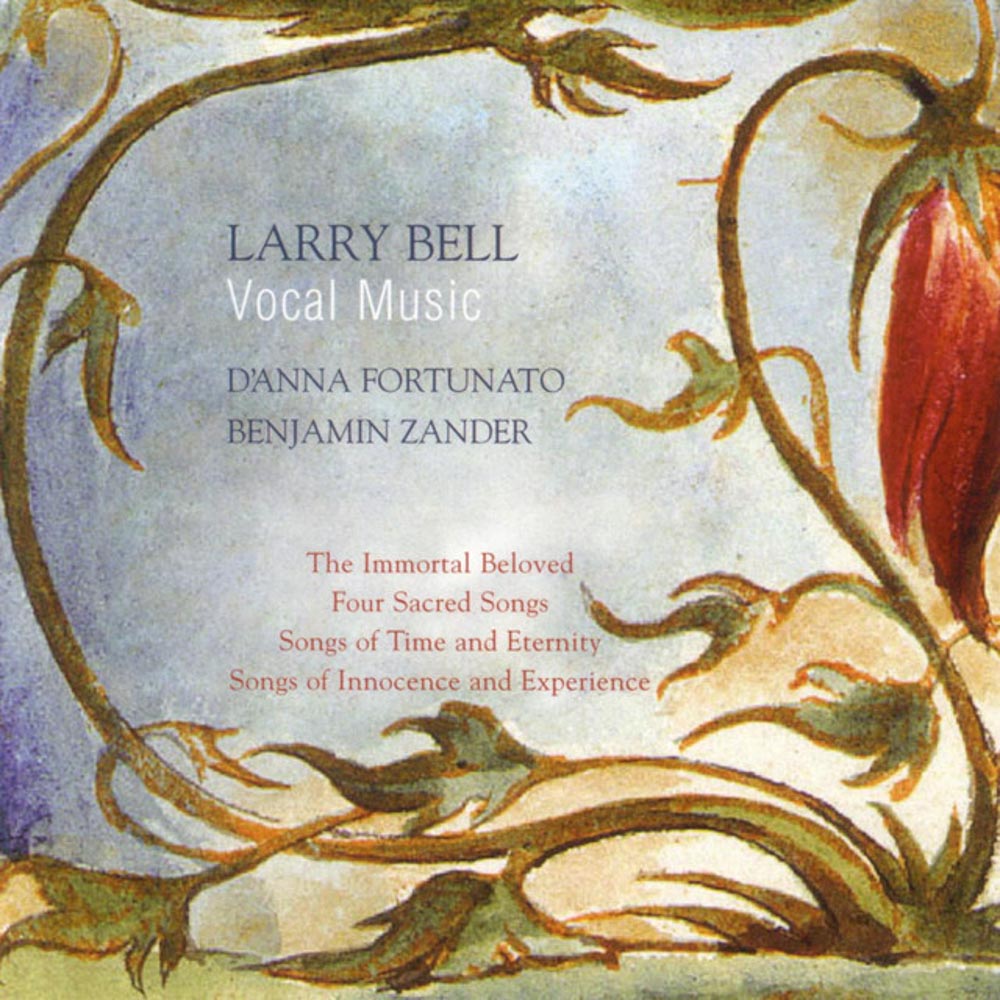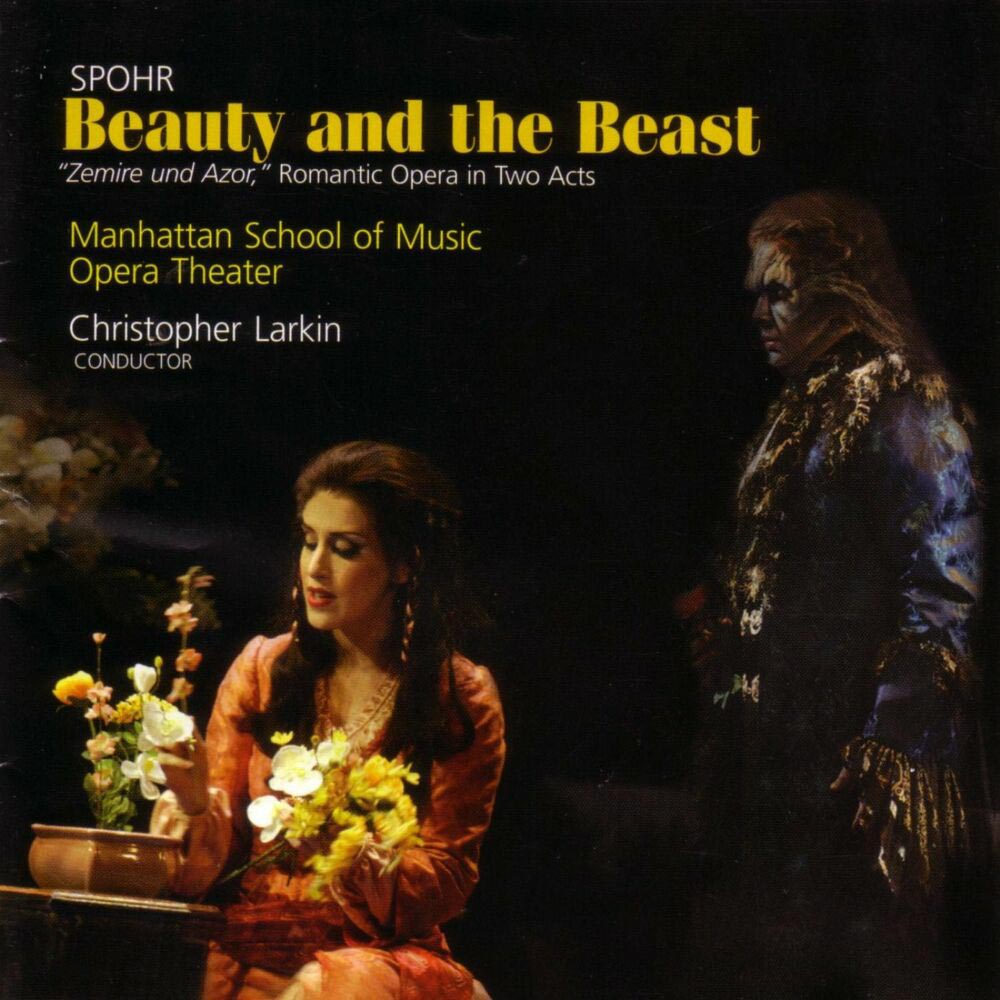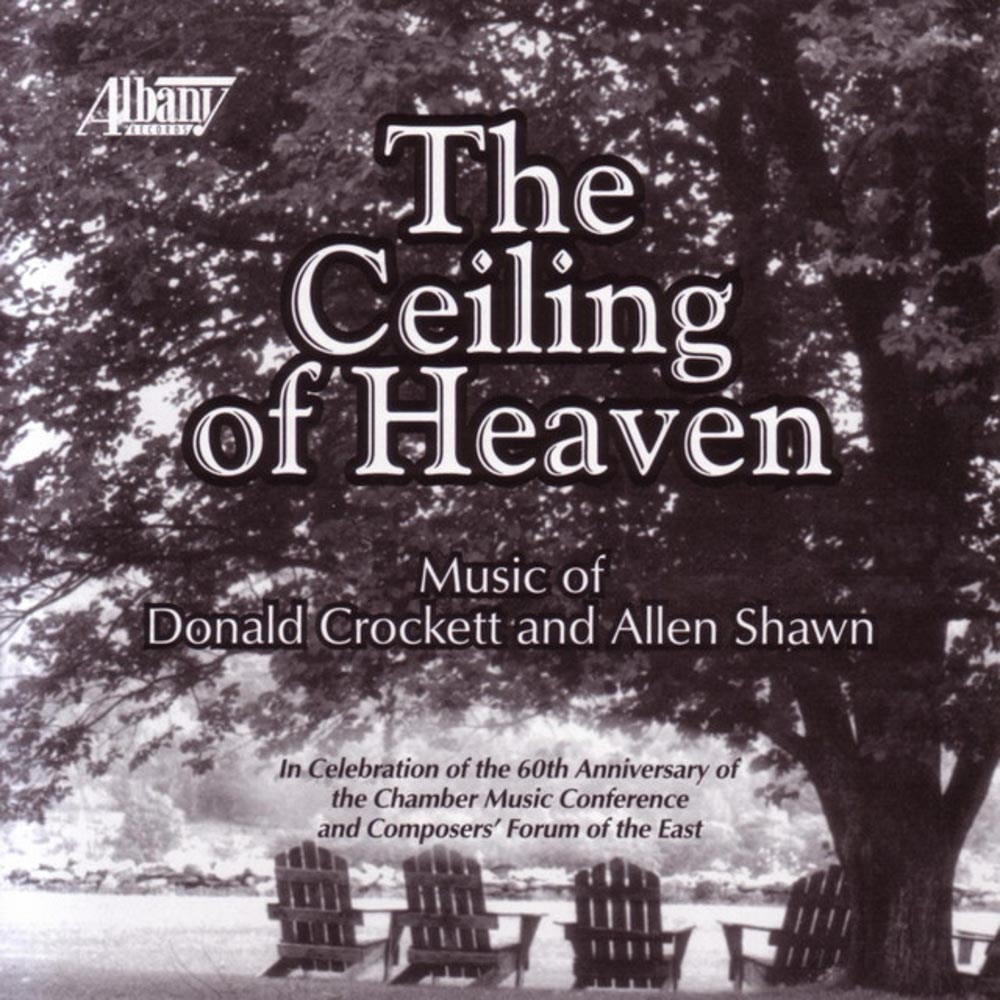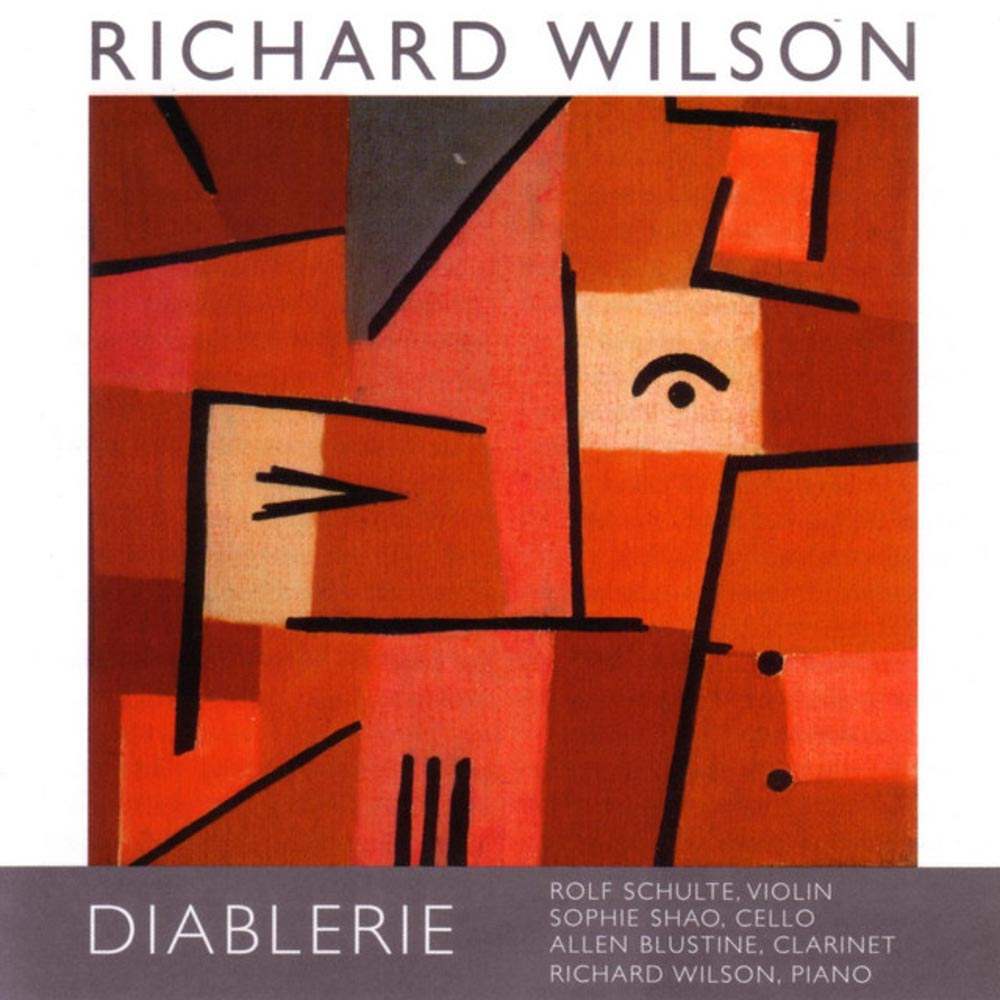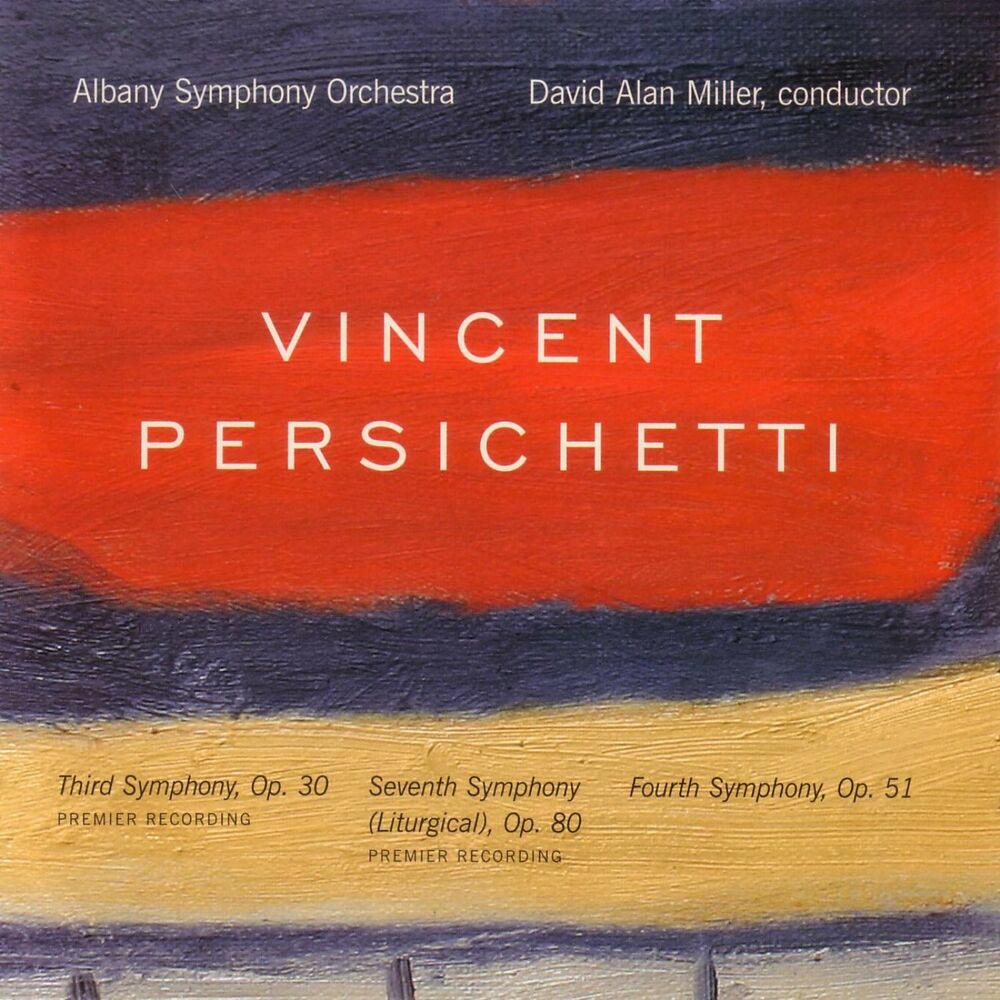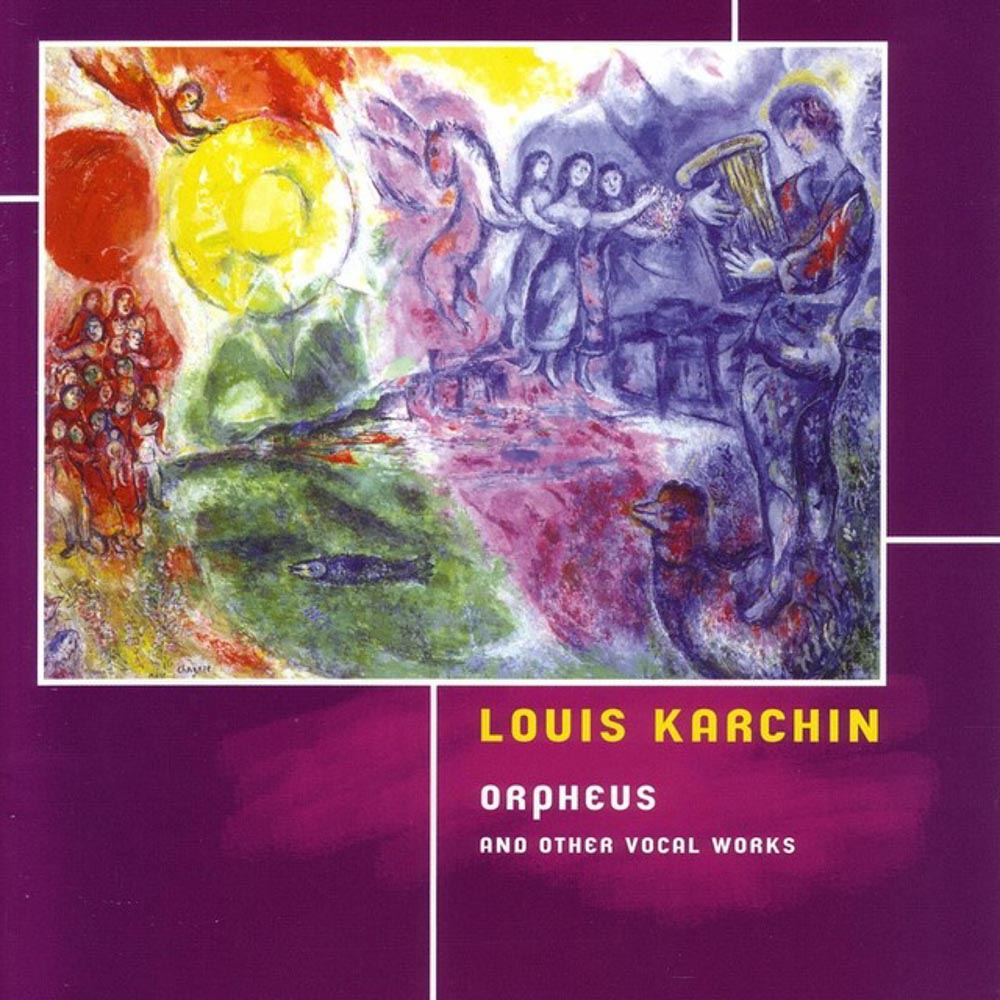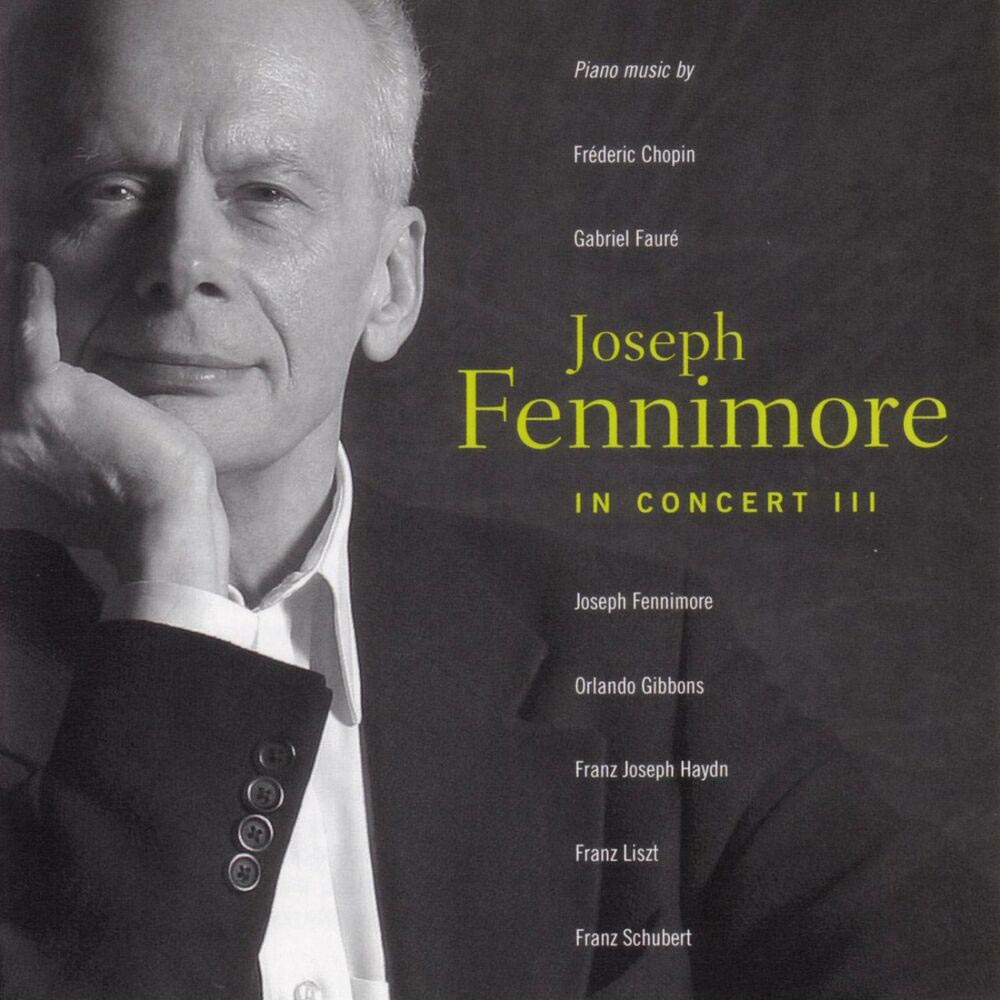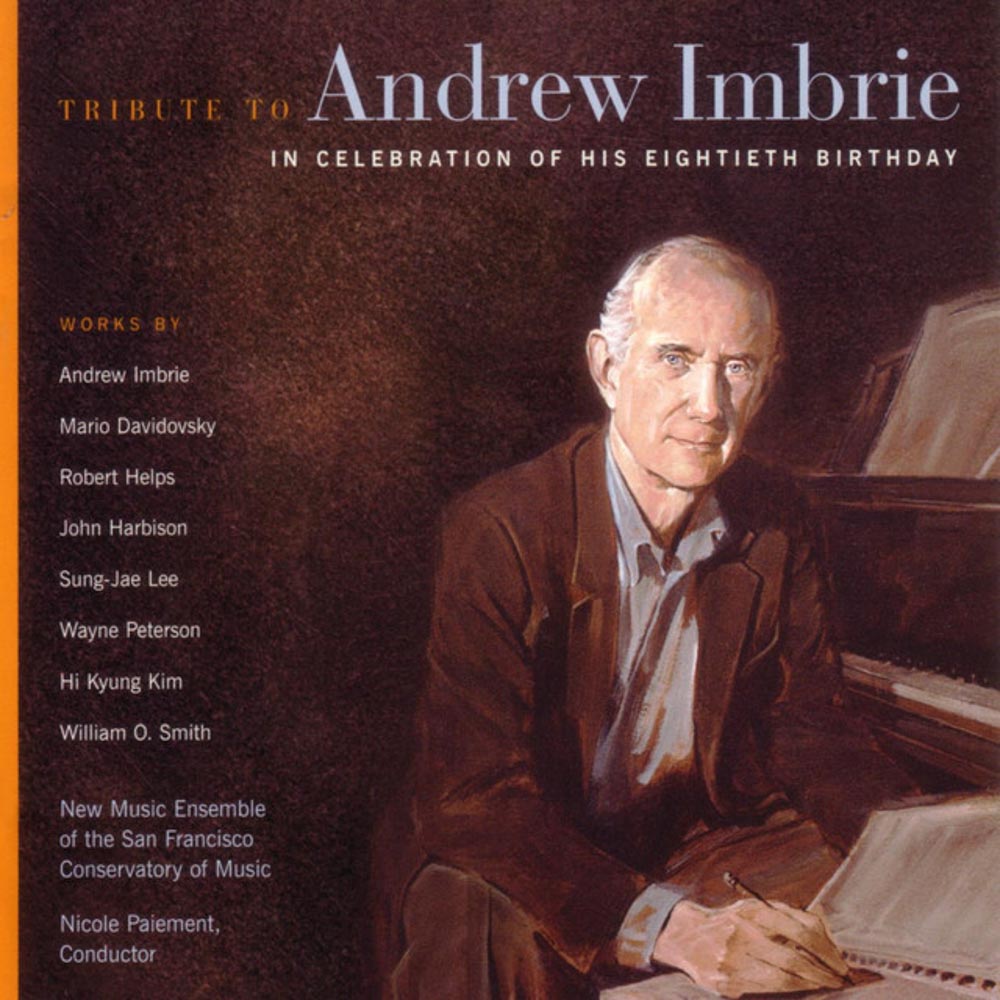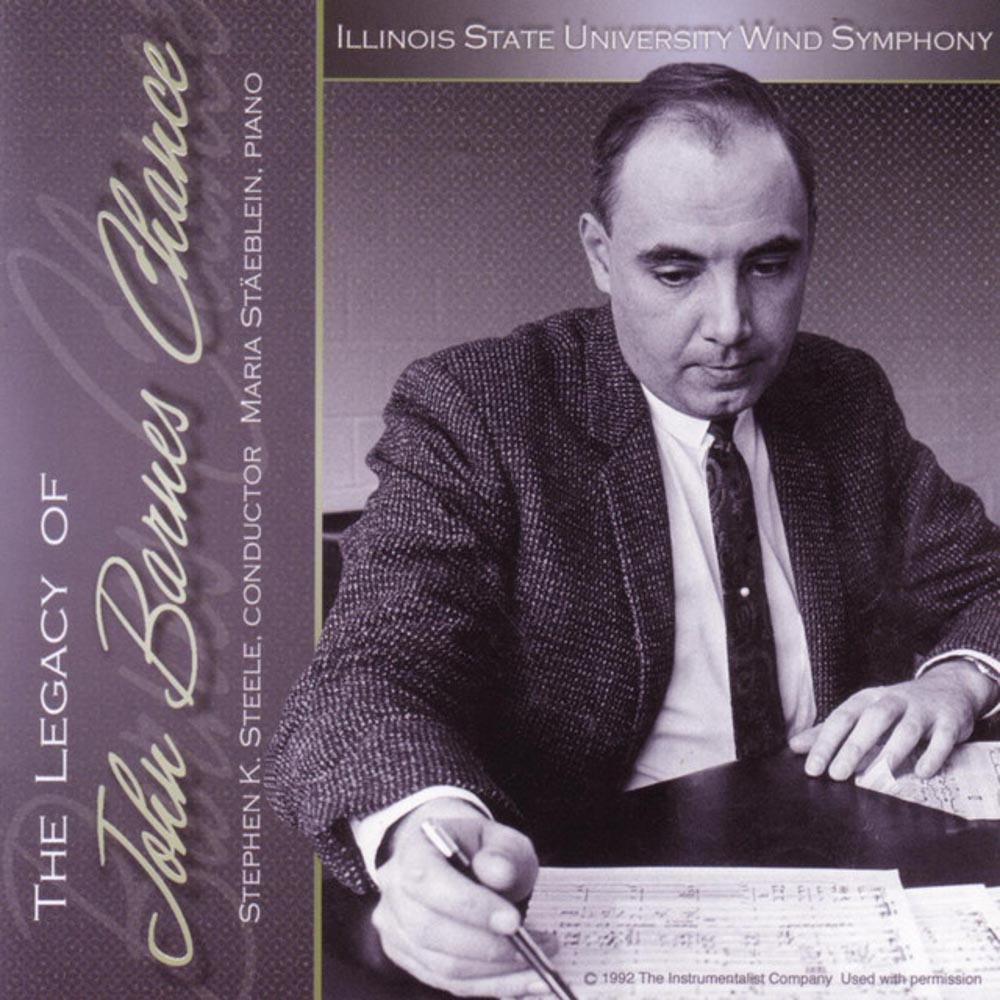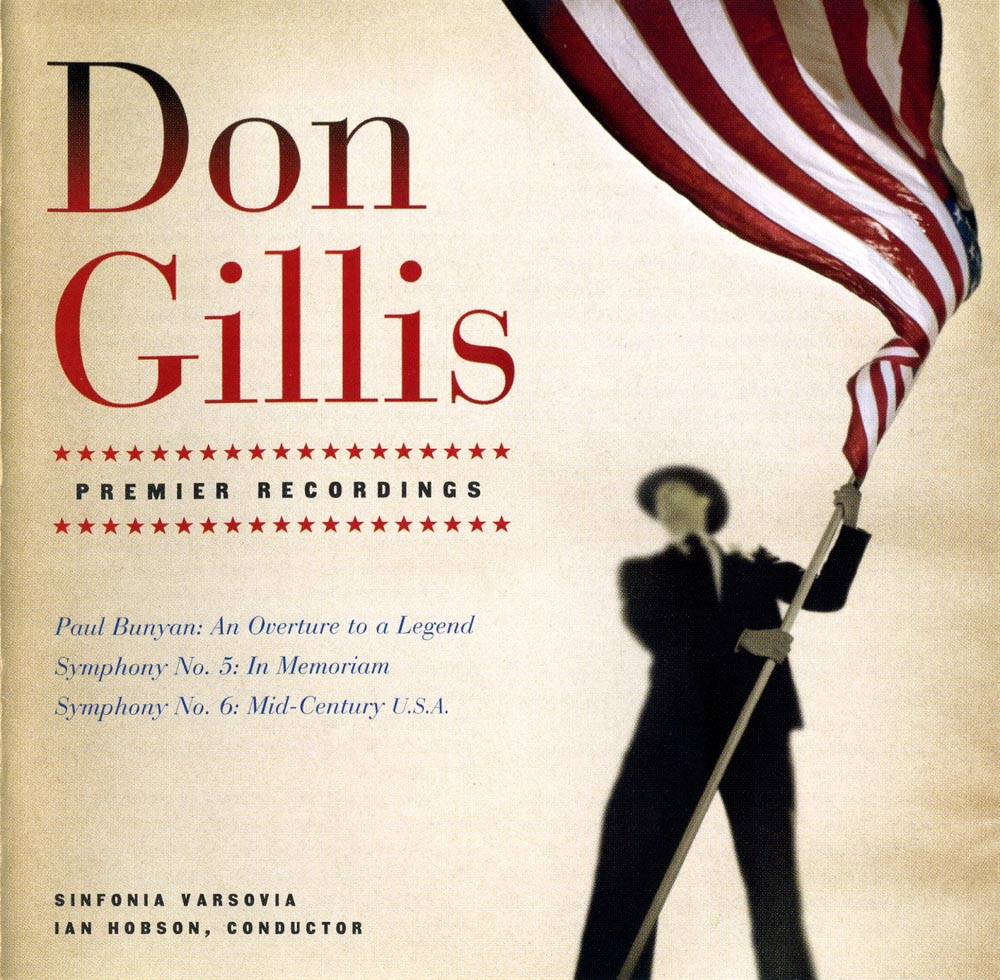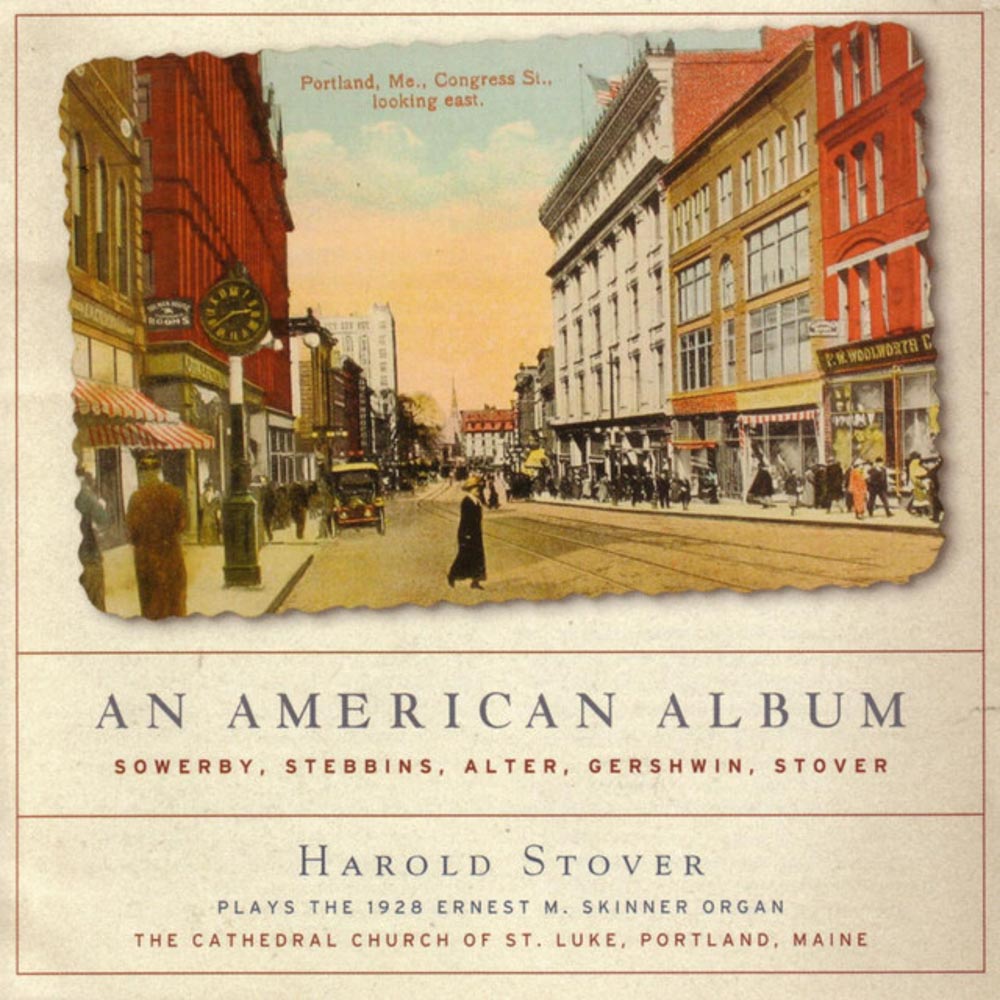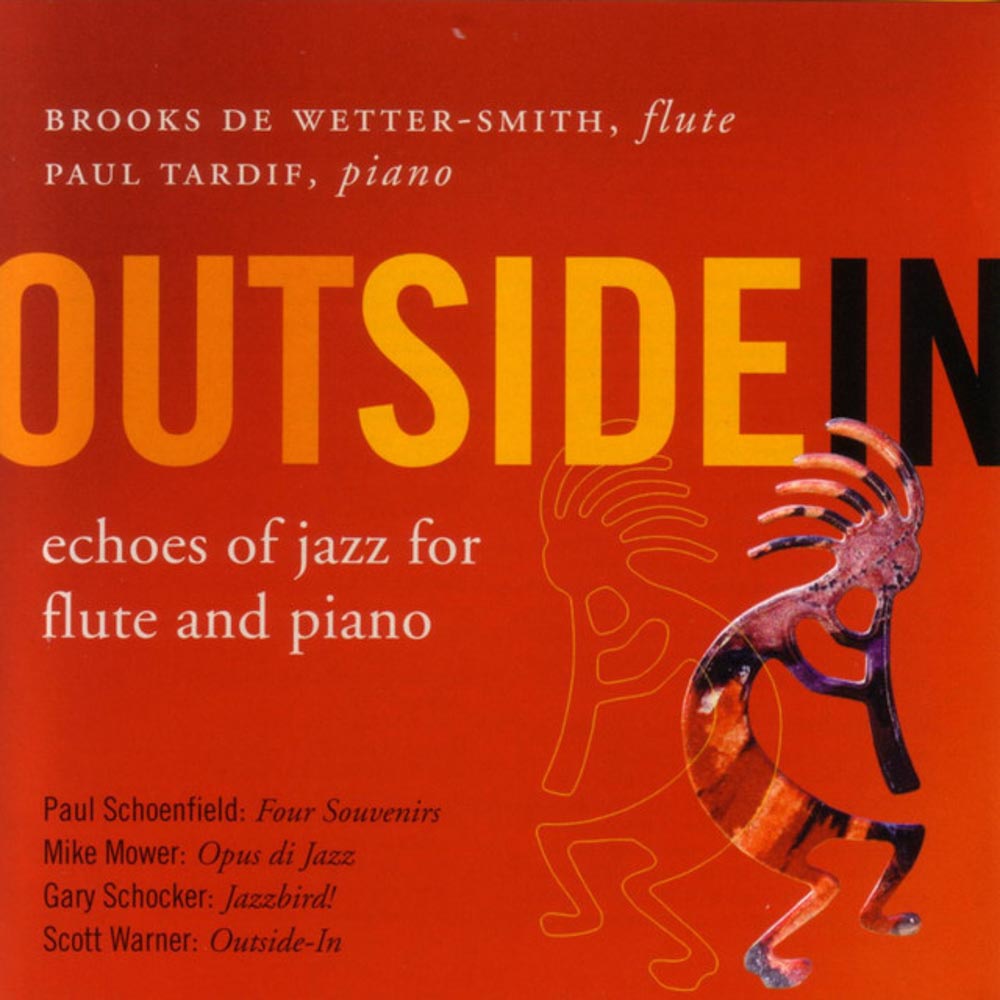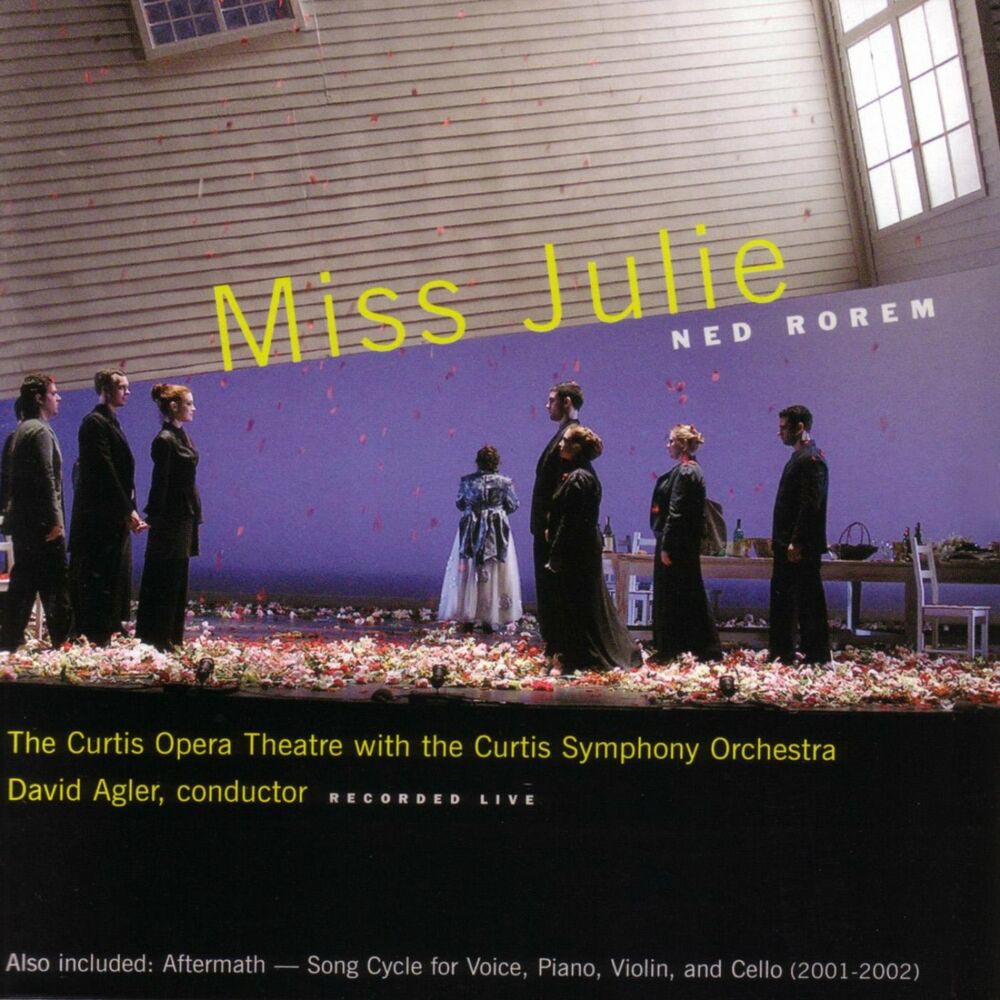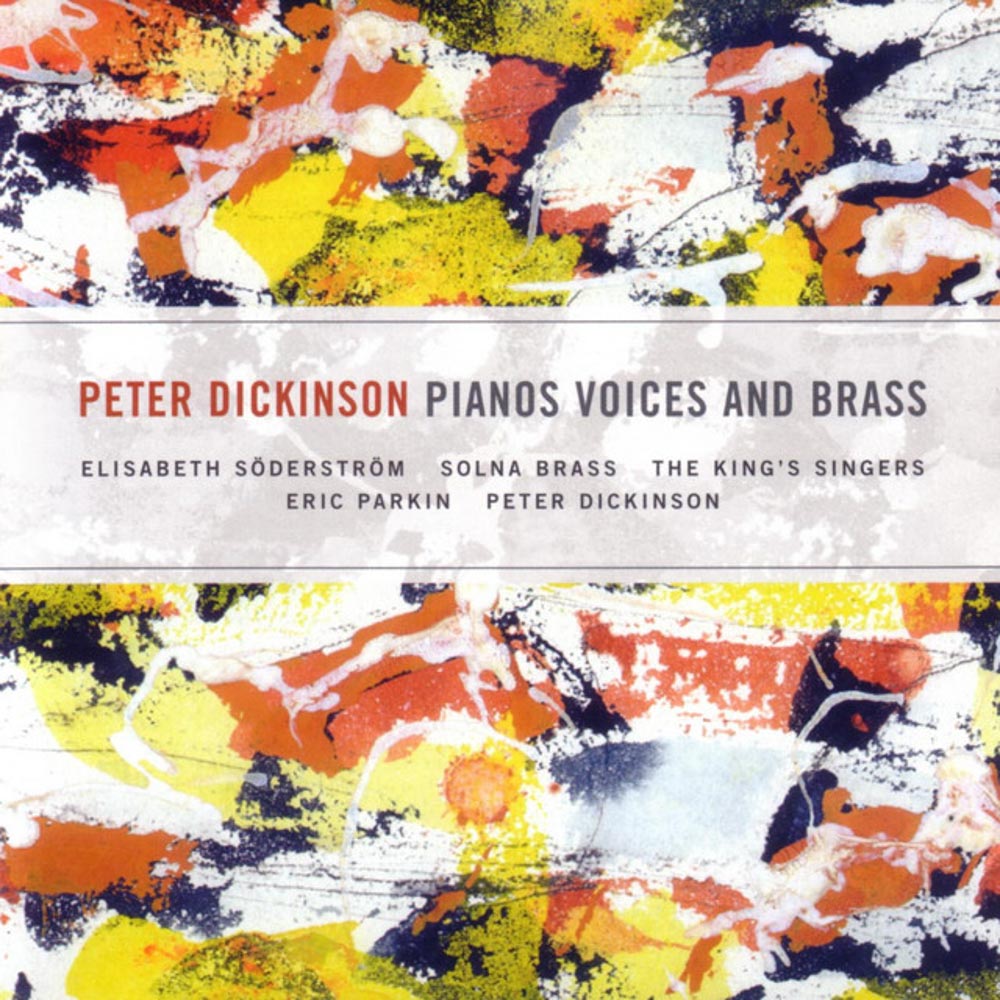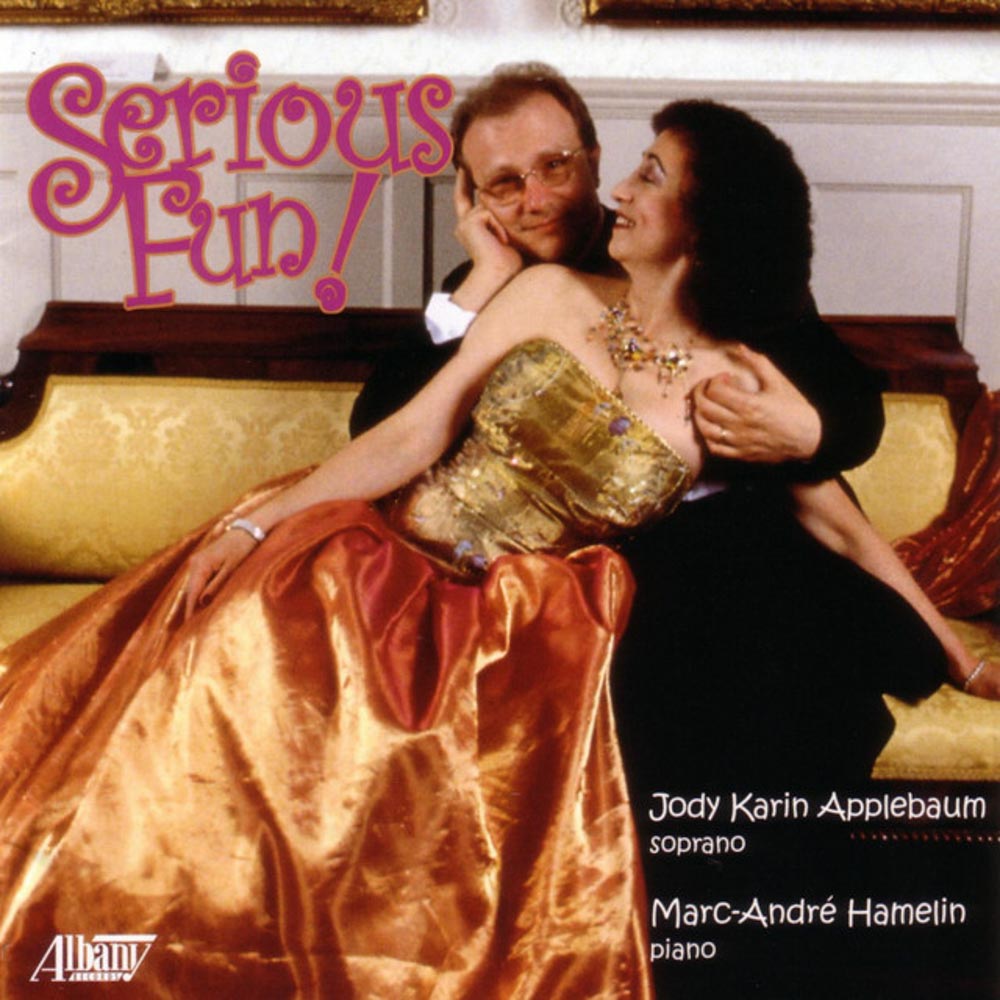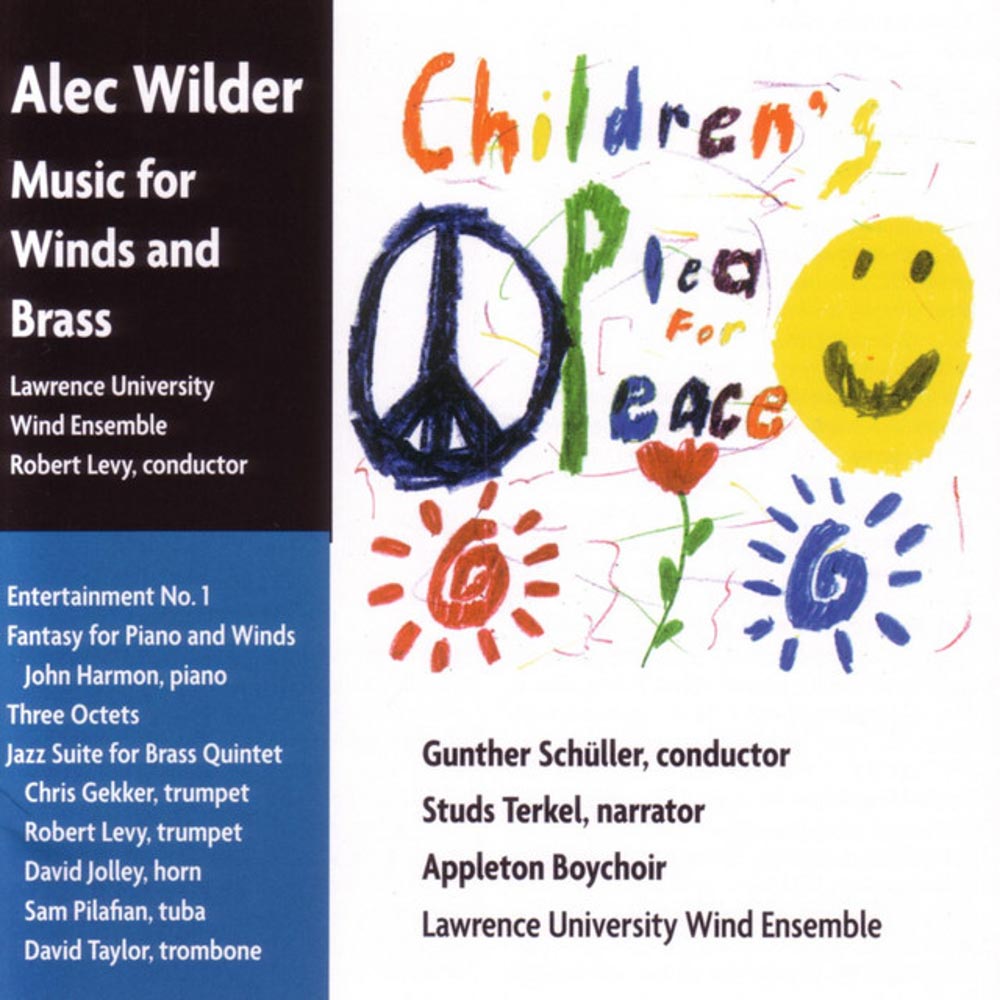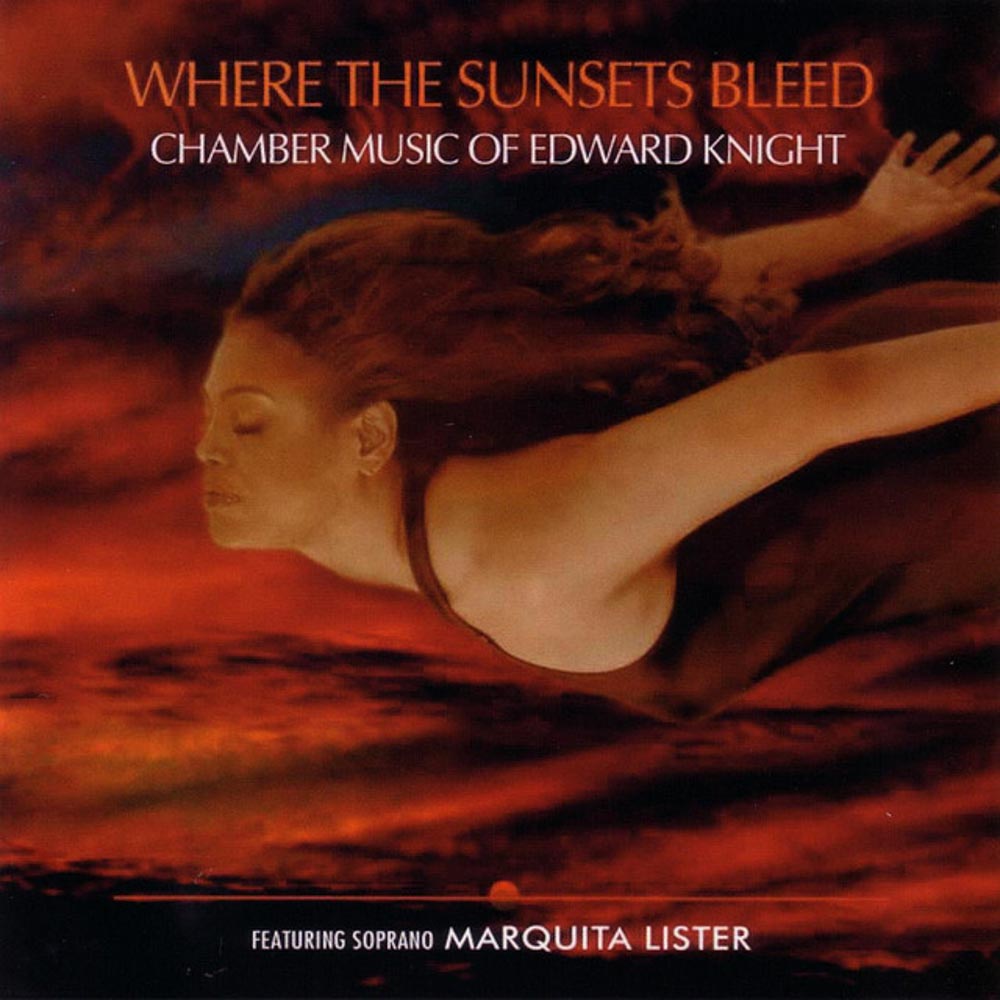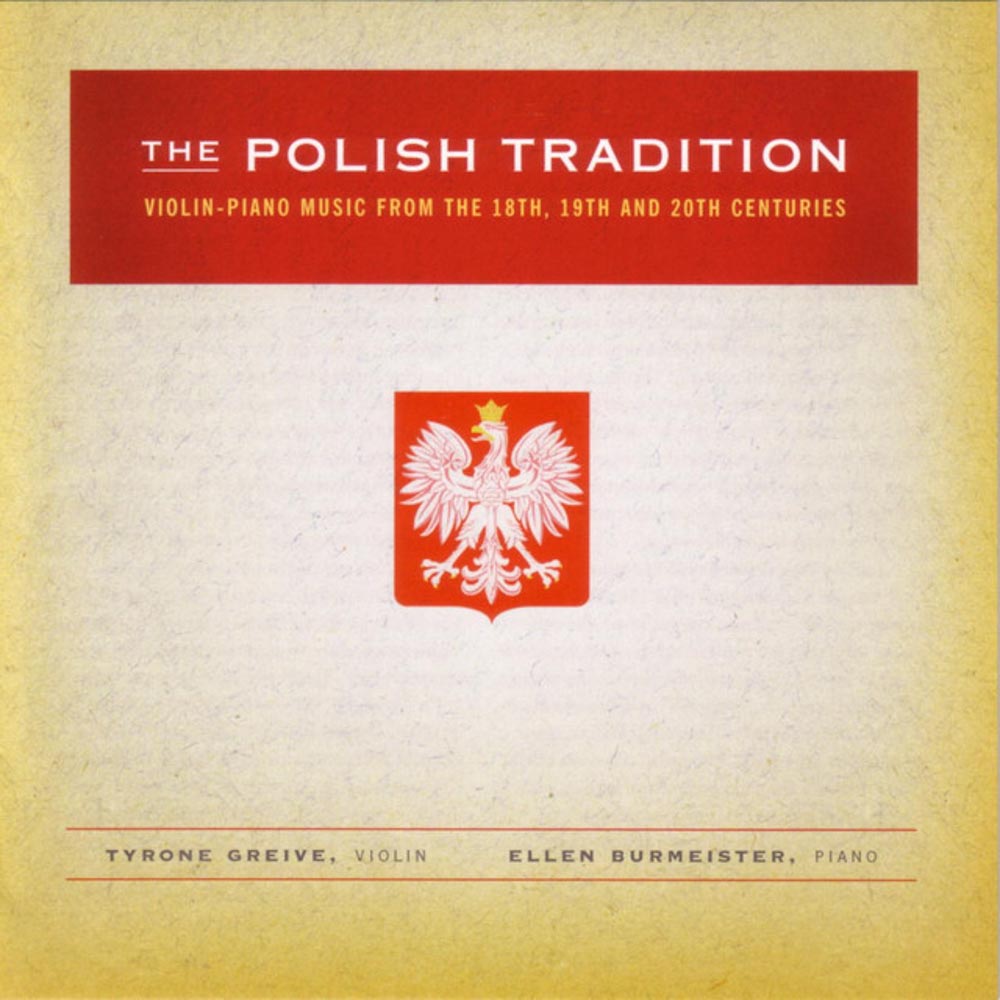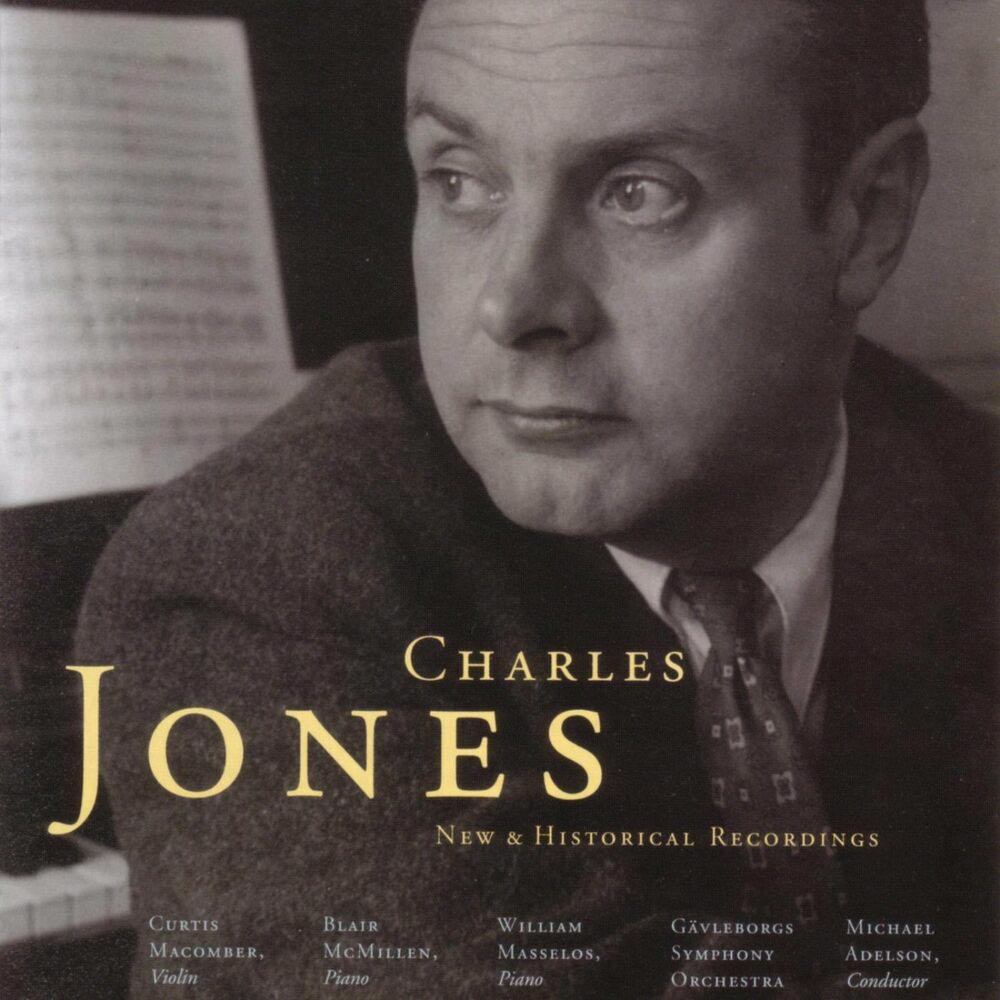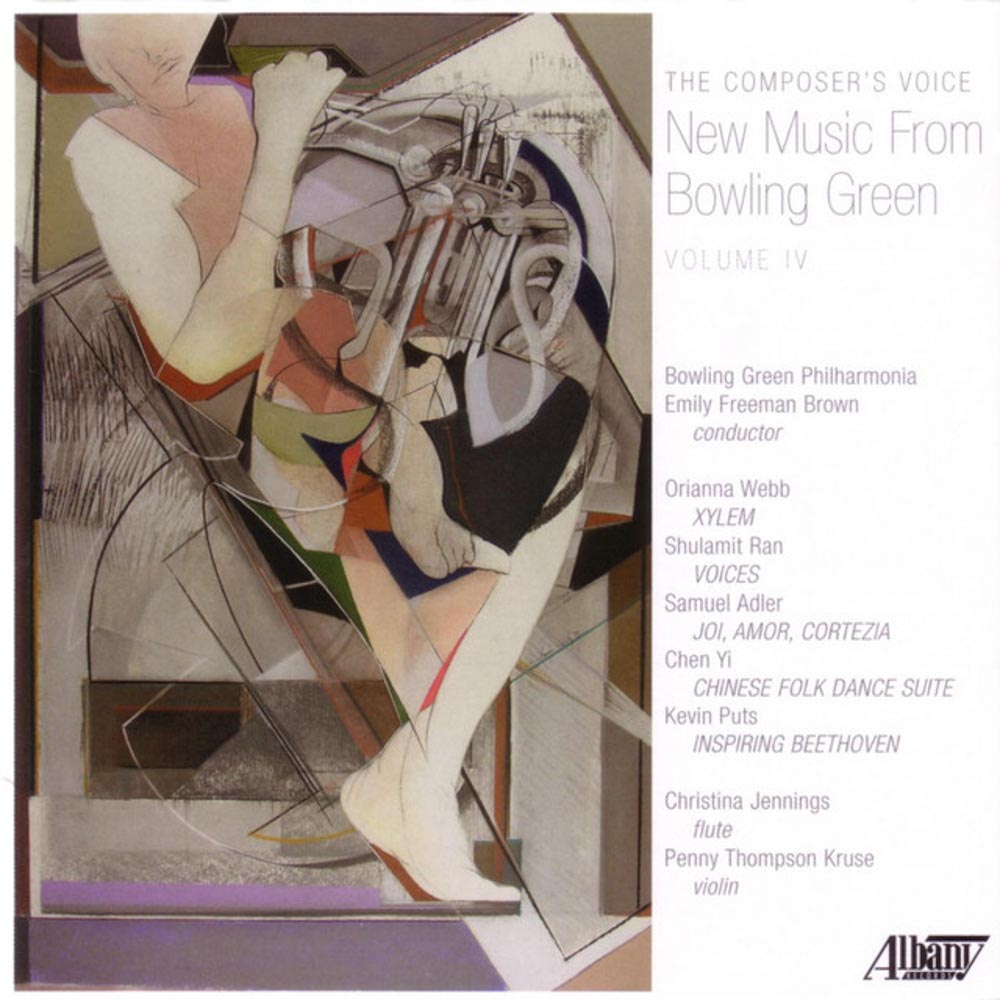Catalog #: TROY0786
Release Date: September 1, 2005InstrumentalComposer and pianist Ken Benshoof was born on a Nebraska farm. He went through high school in Fairbanks, Alaska. Studies at Pacific Lutheran University and the Spokane Conservatory were followed by a two-year stint in the Army. He later attended the University of Washington, San Francisco State University and the Guildhall School in London. His most influential teachers included John Verrall, Roger Nixon, George Frederick McKay and Alfred Neiman. Primarily a composer of chamber pieces, Benshoof has received commissions from a wide variety of sources, most notably the Kronos Quartet. Benshoof's music often includes elements of folk and jazz mixed with influences from Scarlatti, Ravel, Ives, Gershwin and Rachmaninov. The composer writes, "The 24 Preludes were composed almost without interruption over several months. I chose that name partly because of the joy I still derive from sets with the same title, most notably those by Bach, Chopin and Rachmaninov. I have not intentionally borrowed material from those composers but I did steal the key relations from Chopin- his way of going through the 24 major and minor keys." Patti's Parlour Pieces were written in 2000 for the composer's friend, bookstore owner Patti McCall. This collection of pieces spans a large range of emotions, textures and tempi. There are jazzy blues sounds in pieces 1 and 5, and propulsive works like number 9. There are also pieces that would be right at home in the concert hall such as the jazzy piece No. 22 and the especially Rachmaninov-influenced No. 23.
Catalog #: TROY0783
Release Date: September 1, 2005ChoralThis is a wonderful collection for fans of American composers and choral works alike. Stephen Shewan writes music in all media but has a special affinity for vocal and ensemble works (these can be heard on an earlier Albany release, TROY149). The Celebration Overture, written in honor of the 50th anniversary of KUHF-FM, Houston, Texas, is both celebratory and optimistic. Much of the same spirit carries over to For Dancing Hearts and Tunes while the two other choral pieces reflect a more meditative mood. Randall Thompson didn't compose a particularly large catalog of works but his choral works (which can be heard by these same forces on TROY362) and his beloved Symphony No.2 have assured him a place in the American repertoire. Frostiana, based on Robert Frost poems, is as perfect an example of his charm and nationalistic spirit as one could hope to hear. Ron Nelson writes some of the most exuberant music for band ever composed, and you might remember his wonderfully breezy Savannah River Holiday recorded so many years ago by Howard Hanson. The Te Deum was commissioned by the United States Air Force Band and Singing Sergeants. It is a work full of color, splendor and rich sonorities. Finally we have a work by the Czech-born Nelhybel, a truly prolific composer (over 400 published works) who really deserves greater exposure. The Psalm 150 is a rich, reverent work. The Roberts Wesleyan College Chorale is noted for its unique sound and performs regularly with the Rochester Philharmonic in a wide-ranging repertoire.
Catalog #: TROY0779
Release Date: September 1, 2005ElectronicRobert Morris is presently chair of the composition department of the Eastman School of Music, where he is Professor of Composition and affiliate member of the theory and musicology departments. He is a recipient of grants from the National Endowment for the Arts, the Hanson Institute for American Music, the American Music Center and the American Council of Learned Societies. His music has been performed in North America, Europe, Australia, China, Taiwan and Japan. Morris has written music for a wide variety of musical forms and media. He has composed over 140 works including computer and improvisational music. Some of his output from the 1970's is influenced by non-Western music and uses structural principles from Arabic, Indian, Indonesian, Japanese and early Western musics. While such influences are less noticeable in more recent works, the temporal and ornamental qualities of Eastern music have permanently affected Morris' style. In addition to his music, Morris has written many articles and reviews that have appeared in scholarly music journals contributing to theories of musical analysis and aesthetics, compositional design, electronic and computer music, and Indian music. He is also co-editor of Perspectives of New Music.
Catalog #: TROY0776
Release Date: September 1, 2005ChamberLarry Nelson was born in Broken Bow, Nebraska in 1944. Since 1971 he has served on the faculty of the School of Music at West Chester University, where he teaches theory and composition. He is also co-director of the Evenings of New Music Series that has served since 1972 to bring new music to the college campus. He has established close ties with musical audiences throughout the country but with a particular focus around Philadelphia and throughout Pennsylvania. He has composed works for solo instruments, chamber ensembles, orchestra and the electronic medium. In describing his music Nelson says, "I utilize mathematical strategies or formal systems and I use computer technology in the creation of my music while, at the same time, my music is very much grounded in traditional concepts of lyricism and harmonic motion." A reviewer described Nelson's music as "having an open and easy approach to tonality- neither insisting on it nor rejecting it. Musical intuition is supplemented by the exploration of formal systems but always in a songful manner." Here's another, specific description of one of the works on this new release, Danceable Haze: "This one movement work expresses some of my recent explorations of body-felt rhythm, our natural foot-tapping connection to the music. The music moves from fast, highly syncopated ensemble chords to slow vamp-oriented music under virtuosic solos and duos."
Catalog #: TROY0751
Release Date: September 1, 2005ChamberThe wild, exotic music of Heitor Villa-Lobos, the most famous 20th century Brazilian composer, conjures up the impetuous, frenzied spirit of his country. At an early age, he studied folk music and absorbed its heady sounds. Throughout his symphonic works, such as the famous series of Choros and the Bachianas Brasileiros, which fused the Brazilian style with the formal structure of J.S. Bach, he demonstrated a remarkably free nature, never enslaving himself to any trends or "isms." The liberal use of multiple rhythms and harmonies simultaneously in the same work gave his music a wonderfully tangy sound. Though best known for his orchestral music, he did commit himself to that most sophisticated of chamber music forms, the string quartet, producing 17 remarkable works from 1915 to 1957. All three of these works reveal the sheer genius of his technique and the way he was able to use his unique style to "open up" the usually introspective world of the string quartet. These authoritative performances, recorded in the 1960's, are by the Brazilian String Quartet, founded in 1952. Over the years they have performed hundreds of concerts in Brazil, North, Central and South America and in Europe, performing at many important festivals. Known for their championing of Brazilian composers, they have performed and recorded works by Claudio Santoro, Alberto Nepomuceno, Jose Siquera and many others. They have received numerous awards for promoting Brazil, and the Quartet has been hailed as "Ambassadors of Brazilian Music." The President of Brazil has bestowed his nation's highest decoration on the Quartet, the Order of Rio Branco.
Catalog #: TROY0782
Release Date: August 1, 2005OrchestralIn his third recording for Albany Records, the spectacular horn player, Eric Ruske, presents a program of concertos for French horn written by the Romantic composers Reinhold GliFre, Franz Strauss and Richard Strauss. According to Ruske, "...the Romantic era of musical composition ushered in a golden period for the horn as a solo instrument.... With the chromatic possibilities and technical advances that were made possible by the addition of valves in the early 19th century, the horn made its resurgence as a solo vehicle." Eric Ruske has established himself as an artist of international acclaim. Named Associate Principal horn of The Cleveland Orchestra at the age of 20, he also toured and recorded extensively during his six-year tenure as hornist of the Empire Brass Quintet. His impressive solo career began when he won the 1986 Young Concert Artists International Auditions, First Prize in the 1987 American Horn Competition, and in 1988, the highest prize in the Concours International d'InterprTtation Musicale in Reims, France. His discography includes solo recordings for Telarc, Musical Heritage Society, Fleur de Son, and Albany Records. An Associate Professor and member of the faculty of Boston University since 1990, Mr. Ruske also directs the Horn Seminar at the Boston University Tanglewood Institute.
Catalog #: TROY0778
Release Date: August 1, 2005ChoralThe concept for Seek the Eternal began in the late 1980s when a friend of John Schlenck's suggested the idea of an interfaith oratorio. In pondering how to incorporate three different traditions - Christian, Jewish and Vedantic - Schlenck decided to tell one story: "a kind of universal pilgrim's progress, using a collage of texts from the major traditions....texts from the different traditions would flow into each other without interruption, demonstrating the universality of spiritual truth." The work was first performed in conjunction with a Parliament of the World's Religions held in Chicago in 1993. John Schlenck graduated from the Eastman School of Music with a major in composition and moved to New York City. There, he soon discovered his affinity with Indian thought and joined the Vedanta Society of New York. Serving as its music director since 1961, Schlenck has composed many songs and a number of larger works with Vedantic and other spiritual texts. His instrumental works include three symphonies, a clarinet concerto, and numerous chamber and solo compositions. This is his third recording on Albany Records.
Catalog #: TROY0774-75
Release Date: August 1, 2005OrchestralBorn in 1943, David Maslanka studied composition at Oberlin and received his graduate degrees from Michigan State University where his teacher and mentor was H. Owen Reed. He has served on the faculties of the State University of New York at Geneseo, Sarah Lawrence College, and Kingsborough Community College of the City University of New York. He now lives in Missoula, Montana. Maslanka has written nearly 30 major works for wind ensemble, among them five symphonies, nine concertos, a Mass, and a large variety of concert pieces. Four of the five works on this recording are world premier recordings, the one exception being Symphony No. 4, which appears on another Albany Records recording (TROY503). The Concerto for Piano, Winds and Percussion (1974-76) was Maslanka's first work for wind ensemble. The work received its premiere three years later by the Eastman Wind Ensemble conducted by Frederick Fennell. According to Maslanka, "That fine first performance opened the door to my long and happy career of writing for winds." Concerto No. 2 for Piano, Winds, and Percussion is in five movements - each one songlike with a programmatic backdrop. Maslanka says of Testament: "A testament is a statement of belief, in this case in the power of music to harmonize and to heal. Testament was written in response to the events of September 11. Out of the initial stunned confusion has come my firm conviction that making music is now more important than ever." Traveler was written in 2003 to commemorate the career of Ray Lichtenwalter, the Director of Bands at the University of Texas at Arlington. It is based on the chorale melody Nicht so traurig, nicht so sehr ("Not so sad, not so much.") According to Maslanka, "The roots of Symphony No. 4 are many. The central driving force is the spontaneous rise of the impulse to shout for the joy of life..." Albany Records is proud to continue its commitment to the extraordinary music of David Maslanka. Our catalog now boasts 17 recordings of his works. For the complete listing go to www.albanyrecords.com.
Catalog #: TROY0769
Release Date: August 1, 2005ChoralThis recording of Frank Lewin's sacred music is the fourth in his series on Albany Records. Other recordings include an opera, a disc of song cycles, and a recording of music written for films and television documentaries. The major work on this offering is the Mass for the Dead, in English, which was written as a requiem for Robert F. Kennedy. As the composer states, "The impetus for writing this Mass for the Dead came as I stood on the platform at Princeton Junction, amid a crowd of silent onlookers, as the train bearing the body of Robert F. Kennedy slowly rolled by on its way from New York to Washington. Vatican Council II had recently decreed that services were to be conducted in the vernacular, and thus this requiem mass was set to English words. It was first performed during a memorial service for Kennedy a year after his death on May 27, 1969."
Catalog #: TROY0758-59
Release Date: August 1, 2005OperaCold Sassy Tree, Carlisle Floyd's first crack at writing a comic opera, is taken from Olive Ann Burns' delightful exploration of youthful old age and set in an America affectionately drawn. As always, he has written his own libretto, drawing upon his own theatrical instincts that have been nourished simultaneously with his music. Like five of the six Floyd operas that preceded it, Cold Sassy Tree is about American attitudes, characters - and the joy of language. Like all the work that preceded it, the music is about expressive clarity, lyricism and the value of song. According to Daniel Webster, "Floyd writes popular opera. Not pandering opera, but theater pieces strapped tight with technical virtuosity, yet sounding innocent and natural..." Carlisle Floyd comments that "In dramatizing the book for the stage, there were two undergirding themes in particular from the novel that I wanted to deal with. First was the astonishing capacity human beings possess for change and growth, and the second was the healing and transforming power of love. When the book first appeared one reviewer aptly described Ms. Burns' novel as the story of an old man growing young and a young man growing up and the woman who, without intending to, becomes the catalyst for both. This general description holds true, I hope, for the opera as well." This recording represents a major addition to the opera discography.
Catalog #: TROY0753
Release Date: August 1, 2005VocalComposer-pianist Gary Smart composes, performs, and improvises music that reflects an abiding interest in Americana, world musics and jazz, as well as the western classical tradition. An artist with a wide range of constantly developing interests, Smart has lived and worked in the eastern, midwestern and western USA as well as in Germany, Japan and Indonesia. He has studied with composers Yehudi Wyner, Toru Takemitsu and John Corigliano; worked with jazz composer David Baker and film composer Henry Mancini; and studied piano with Jorge Bolet, Yale scholar-keyboardist Ralph Kirkpatrick and jazz pianist Oscar Peterson. He is a graduate of Indiana University and the Yale School of Music. Dr. Smart is currently Yessin Professor of Music at the University of North Florida in Jacksonville. Smart talks about his relationship to songs. "As a child I learned hundreds of pop songs, the great tunes of Berlin, Kern, Gershwin, Rodgers, Ellington, etc. My sense of melody, harmony, and textural inflection is as much influenced by classic American popular songs as it is by the great European art song tradition, which I love, but which I discovered only after entering college. These genres of course have much in common: primarily, an equitable marriage of words and music....For me, a song doesn't work unless the two become one, inseparable." Set to poems by Elizabeth Barett Browning, Langston Hughes, Hart Crane, William Carlos Williams, Sara Teasdale and Emily Dickinson, as well as a moving letter from a Civil War major to his wife, Smart's song cycles show his commitment to the song as a form of chamber music.
Catalog #: TROY0741
Release Date: August 1, 2005ChoralComposer Larry Bell has been awarded the Rome Prize, fellowships from the Guggenheim and Rockefeller Foundations, and the Charles Ives Award. His music has been widely performed in the United Sates and abroad by internationally known orchestras and ensembles. Bell received his DMA from The Juilliard School, working in composition with Vincent Persichetti and Roger Sessions. He is chair of music theory at the New England Conservatory of Music Division of Preparatory and Continuing Education. This disc of Bell's song cycles begins with The Immortal Beloved based on the three letters Beethoven wrote to Antonie Brentano in July 1812. According to the composer, "The music was conceived from the point of view of the recipient of the letters.... Four Sacred Songs were designed as studies for a larger commissioned orchestral work entitled Sacred Symphonies. Each song is a setting of a familiar hymn tune text." Songs of Time and Eternity are based on a grouping of poems by Emily Dickinson on this theme. William Blake's late 18th-century Songs of Innocence and Experience "...is a famous example of an adult's perspective of the child. The child in these poems is rebellious, joyful, persistently playful, Christ-like, and always natural..." The work is written for children's chorus and orchestra.
Catalog #: TROY0787-88
Release Date: July 1, 2005OperaIn his heyday, Louis Spohr reigned as the leading contemporary representative of the great German tradition: the heir apparent of Mozart in his mastery of the forms of absolute music, particularly the symphony and the string quartet. As a professional violinist, Spohr was essentially self-taught, diligently studying the music of Haydn and Mozart in the 1790's. His initial concentration was composing for his own instrument, eventually writing fifteen concertos for the violin. He is also credited for being the first conductor to use a baton (albeit in rehearsals only) and make the use of reference letters in scores and parts (i.e., "we'll begin at letter C.") Spohr's style reflects the melodic influence of Mozart and an interest in more advanced harmony, resulting in an output that includes nine symphonies, several clarinet concertos, thirty-six string quartets, an octet, a nonet and much more. He also composed several oratorios, one of the most important being The Last Judgement (1826). Among his many operas were Faust (1813), considered a landmark in the path to German Romantic opera, and his most enduring work, Jessonda (1823). On the basis of Faust's popularity, Spohr was hired in 1817 to become director of the Frankfurt Opera. After discarding plans for an adaptation of the medieval story The Black Huntsman (Carl Maria von Weber had "beaten him to the punch" by adapting it as Der Freischutz), Spohr tackled the famous legend of Beauty and the Beast, as written by poet Johan Jakob Ihlee based on a four-decade-old French libretto, Zemire et Azor, originally meant for French composer Andre Gretry. In his score, Spohr aimed at something lighter and more winsome than Faust, a melodically attractive opera with some fashionable Rossinian elements that went on the receive performances throughout Germany and remained at least on the fringes of the repertory during most of the 19th century. The opera is cast in two acts, divided into seventeen numbers. The first performance was given under his direction on April 4, 1819. Needless to say, here is a story that has been passed down through many forms and to many audiences over the years, whether we speak of the classic French film based on Jean Cocteau's adaptation or the wildly popular Disney animated movie. Spohr's wonderfully melodic score combines with this beloved tale to provide a memorable listening experience for both aficionados of Romantic Opera and those who love the sheer fantasy of Beauty and the Beast.
Catalog #: TROY0777
Release Date: July 1, 2005ChamberThe Chamber Music Conference and Composers' Forum has reached the venerable age of 60, and it is very appropriate indeed that the Conference celebrates, at least in part, with a new recording of music played by members of its outstanding and musically vibrant faculty. Every summer for these past six decades, the Conference itself has been a celebration of the love of music making, involving Conference faculty and participants from around the world in a heady fusion of musical activities: public concerts, including frequent world premieres, professionally-coached rehearsals and intensive study sessions, lectures and seminars addressing a wide range of topics. From the beginning in 1945, participation by composers has been an integral feature of the Conference. Among the founders were composers Otto Luening and Richard Donovan. Among the many distinguished composers who have been in residence over the years are Henry Brant, Elliott Carter, Stephen Hartke, Jennifer Higdon, Libby Larsen and Steven Stucky. The recording presents a small but highly representative sample of what the Conference is all about. Vermont composer and Bennington College faculty member Allen Shawn (brother, incidentally, of playwright/actor Wallace Shawn) has been a Resident Composer and frequent guest at the Conference. His string quartet Sleepless Night and the Wind Quintet (a commission by long-time participants) are fine examples of his lyrical style. Donald Crockett, from Los Angeles, was in residence at the Conference in 1999, and since 2002 has been the Conference's Senior Composer-in-Residence. The Ceiling of Heaven was commissioned by the Conference. Fans of contemporary American chamber music will recognize many of the performers from their recordings (cellist Maxine Neuman, a member of the Conference faculty, is a specialist in this material) and will greatly enjoy this significant release.
Catalog #: TROY0773
Release Date: July 1, 2005ChamberAnyone who is familiar with the earlier Albany releases of Wilson's chamber music (TROY074, TROY389) or his Piano Concerto and Symphony No.1 recorded elsewhere, recognize him for his refreshingly unusual style, often reminiscent of Berg or Schoenberg. A Phi Beta Kappa graduate of Harvard, Mr. Wilson studied composition there, in Rome and at Rutgers University with Robert Moevs. He is also an accomplished pianist (having studied with Leonard Shure and Friedrich Wuhrer) and has performed Mozart concertos with the Hudson Valley Chamber Orchestra and the American Symphony under Leon Botstein. He currently holds the Mary Conover Mellon Chair in Music at Vassar and is Composer-In-Residence with the American Symphony Orchestra. His orchestral works have been performed by the San Francisco Symphony, the London Philharmonic, the Pro-Arte Chamber Orchestra of Boston, and the Hudson Valley Philharmonic. Here is an assortment of chamber works composed over the past twenty years, exhibiting his bracing, expressionistic style, featuring many of the performers he has associated with for years, including Rolf Schulte, one of the major performers of contemporary violin music in this country. Listeners who appreciate modern music that is accessible yet has plenty of personality will greatly enjoy this new release.
Catalog #: TROY0771-72
Release Date: July 1, 2005OrchestralChances are, a long time ago, the first American composer you encountered outside the mainstream (i.e., Copland, Harris) was Vincent Persichetti, and you might still own that old Columbia LP of his Symphony No. 4 with Ormandy and the Philadelphia Orchestra. Here was music that was fresh, delightfully rhythmic, with a distinctive harmonic and instrumental sound that you could always recognize later on (especially if you picked up that wonderful Fennell LP of the Symphony for Band a few years later). There was always something concise about his music, not a note that didn't belong, and this was music that was really exciting to listen to. No one really wrote for brass the way he did. We are very happy indeed to present this new recording of the Symphony No. 4 along with world premiere performances of the post-war Symphony No. 3 and the religiously-inspired Symphony No. 7. Interestingly, Persichetti is in the august company of Peter Mennin and William Schuman in withdrawing his first two symphonies; much of the 3rd makes a grand statement, and careful listeners might actually find similarities between the final moments of both the Persichetti and Schuman's own Symphony No. 3. The Symphony No. 7, in multi-part single-movement form (like his Symphony (No. 5) for Strings) shows a great variety of emotions and colors, and reflects his own private sense of spirituality. As with his ongoing series of American music for Albany, David Alan Miller and the Albany Symphony give exciting, authoritative performances. This will prove a great discovery for people new to Persichetti's music, and this will be a must for those veteran fans waiting a long time to hear more of his music.
Catalog #: TROY0770
Release Date: July 1, 2005VocalLouis Karchin was born in Philadelphia in 1951. His advanced musical training at Eastman and Harvard University included composition studies with Samuel Adler, Joseph Schwantner, Earl Kim, Fred Lerdahl, Arthur Berger and Leon Kirchner. He is a recipient of the Tanglewood Koussevitsky Award, the Bearns Prize from Columbia University, and awards from the National Endowment for the Arts. This new release exemplifies two complementary trends in Louis Karchin's recent vocal output: an ever-increasing comfort with and mastery of large-scale vocal and dramatic forms, powerfully represented here by Orpheus, and a concomitant reawakening of interest in the more intimate medium of voice and piano, illustrated by a choice and varied selection of his latest songs, which run the gamut from the most simple and restrained in texture and gesture to the most intricate, mercurial and virtuosic. Listeners whose taste in American music (particularly vocal) of a more advanced style will greatly appreciate this new release. If Karchin's style can summed up easily, one could say it exhibits the intensity of Kirchner (such as his vocal/chamber work Lily) combined with the spacious, impressionistic colors found in Schwantner's music.
Catalog #: TROY0767
Release Date: July 1, 2005InstrumentalIt's been a while, but here is a third recital by Joseph Fennimore, who lives only a short distance from us in Albany. Born in 1940 in New York City, Fennimore graduated with honors from both the Eastman and Juilliard Schools. While teaching piano at Princeton and working in the theatre (he was substitute assistant conductor for the Broadway revival of No, No, Nanette), he co-founded with Gordon Hibberd the Hear America First concert series in New York City devoted to American music, programs eventually broadcast on NPR. Moving to Albany in 1980 to care for his parents, Fennimore taught at the College of St. Rose and still teaches privately. Composing since childhood, his catalog includes orchestral works, operas, songs, and solo works. Earlier, he had a short-lived and critically-acclaimed career as a pianist and still has a strong following for his attractively eclectic programming (when was the last time you heard solo piano pieces by Gibbons?) Previous releases in this series are on TROY102 (Volume 1: music of Liadov, Schumann, Scriabin, Gluck/Sgambati, Griffes) and TROY161 (Volume 2: music of Granados, Fennimore, Brahms, Bach and Chopin). In addition, you can sample more of his own music on TROY065 (Chamber works) and TROY113 (Selected piano music, including the delightful Concerto Piccolo for piano and chamber orchestra).
Catalog #: TROY0766
Release Date: July 1, 2005ChamberAndrew Imbrie turned 80 on April 6, 2001, and twelve performances of nine programs were presented across the country between March 4th and June 3rd of that year. If you are familiar with the music of this independently-minded, rugged composer, this new release will be of a very special interest, where music by friends, students and colleagues are presented along with two fine examples of his art. Veteran collectors will be familiar with such works as the chamber piece Dandelion Wine and the powerful Symphony No.3, formerly available on CRI. And, maybe, someday we'll have a reissue of his masterpiece, the Violin Concerto, released on a long-gone Columbia LP of the late 1960's. Perhaps the most important of Roger Sessions' pupils, Imbrie has been making a major contribution to the musical culture of America as both composer and educator. From the time his String Quartet No. 1 won the New York Music Critic's Award in 1944 until today, he has produced work after work of the highest craftsmanship, integrity, and artistic merit. While his work has won numerous awards, its value to our musical community is beyond measure. As an educator at the University of California, Berkeley and the San Francisco Conservatory of Music, he has trained generations of musicians, musicologists and composers. The works presented at the birthday concerts were, in a small way, an attempt to say what could not be adequately said in any other way. This important new CD reproduces the second of such concerts, given on April 9, 2001 at the San Francisco Conservatory of Music.
Catalog #: TROY0755
Release Date: July 1, 2005Wind EnsembleAlbany Records is proud to release what is a long-overdue memorial to one of the finest American composers of wind ensemble music. Chance was a gifted composer, teacher and administrator who died a tragic death by accidental electrocution at the age of 39. He studied theory and composition with Kent Kennan, Clifton Williams and Paul Pisk. If you are familiar with the "old school" of band music, Chance is as fine a representative as any. His music is brash, exciting, and highly energetic in the way you remember from those works you heard on those great old Mercury recordings with the late Frederick Fennell. Ironically, though such works as the Blue Lake Overture and Variations on a Korean Folk-Song have been in the active band repertory for years, this is the first major commercial release entirely devoted to his music, a "greatest hits" package in fact. Standing out in particular is the Symphony No. 2, perhaps the best work of its kind since the Persichetti Symphony (No. 6) for Band. Based on a four-note motif of C#-D-F-E, the music whips up a remarkable amount of tension and excitement, especially in the last movement. The authoritative performances are under Stephen K. Steele, who began directing the Band Department at Illinois State University in 1987. Under his direction, the Wind Symphony has performed for state and national conventions, including the 1990 American Bandmasters Association and the 1993 and 2001 College Band Directors National Association. Steele and the Wind Symphony can also be heard on two previous releases, TROY500 (music of Persichetti, Syler, Zaninelli and Maslanka) and TROY600 (music of Maslanka and Hagen). Albany has had great success with our catalog of wind music, and we feel this new release, honoring John Barnes Chance, is one of finest.
Catalog #: TROY0768
Release Date: June 1, 2005OrchestralFirst: have you noticed how certain works, musical or visual, have an uncanny knack for perfectly evoking the period when they were created? That's one of the distinguishing features of the wonderful music on this new disc. The Symphony No. 6 sounds exactly like the late 1940's, much the same way that classic post-war movies conjure that period. In fact, the Symphony No.6 might be the most cinematic of all of Gillis' works in that form, with a wonderful sense of tension in the first movement that would be right at home on the soundtrack of The Big Sleep or This Gun for Hire. The second movement is full of excitement, like a modern analog to the scherzo of the Mendelssohn Scotch Symphony. The bluesiness of the third movement recalls Gershwin at his most relaxed, and the boisterous final movement with its cushy harmonies proves that Gillis had a lot in common with the great Broadway and Hollywood arrangers. The Symphony No.5 is probably the most "serious" of his symphonic output, reflecting the mood of the immediate postwar era. This contains one of his most beautiful slow movements (and if you're an ongoing fan of this series, you know how effective his quiet moments are); the keening sense of nostalgia often bears a striking resemblance to Bernard Herrmann (think in terms of his scores for The Devil and Daniel Webster or The Ghost and Mrs. Muir). The strictly "fun" piece of the collection is the Paul Bunyan Overture, full of rollicking spirits but, again, with a more contemplative sound. All of this is performed with the greatest enthusiasm and color by the Sinfonia Varsovia and Ian Hobson. An absolute must!
Catalog #: TROY0765
Release Date: June 1, 2005OrganThere is a wonderful photo on the front cover of this new disc which perfectly sets the nostalgic mood: Congress Street, looking east, in Portland, Maine, c. 1920's (looking surprisingly like Pearl Street of the same time in our hometown of Albany). As organist Harold Stover writes: "There was a time in America when technological progress was equated with mechanical complexity, when radio and talking movies still lay in the future, and when the recording industry was barely out of its infancy. In those days, pipe organs joined the great ocean liners and the mighty steam locomotives on the cutting edge of modernity and were a central component in the listening experience of the American public. They were found almost everywhere that music was a part of life: in churches, to be sure, but also in concert halls, theatres, school auditoriums, hotel ballrooms, mortuaries, sporting arenas, carousels, and the mansions and even the yachts of the well-to-do. They provided a world of sound more varied than the commonplace parlor piano, more sensual at its softest, more awesome at its loudest. In an era when aspirations of personal advancement included cultural as well as material goals, the organ and the music played on it were benchmarks of social arrival in civic, ecclesiastical and domestic life." Harold Stover is a native of Latrobe, Pennsylvania, and a Juilliard graduate. He has appeared at Riverside Church in New York, Westminster Abbey in London and many other distinguished locales. He presently serves as Organist and Director of Music at Woodfords Congregational Church in Portland, Maine. He presents here a wonderful selection of old and new works (with his own compositions based on traditional forms) giving the organ enthusiast a chance to hear some familiar names and the means of meeting new ones. And thanks to the newest technology of CD, we get to relive the wonderful sounds of one of the organs of that bygone time.
Catalog #: TROY0764
Release Date: June 1, 2005InstrumentalMusic for flute and piano is very popular these days, not only for performers to study but for serious listeners who are drawn to the sensuous sounds of that instrument. American music for this combination is remarkably popular, if you just look at the record listings. This new release not only features two premiere recordings (the Schocker and Warner) but a particular theme common to all four: the influence of jazz. Each of the composers embraces this form from a remarkably different perspective. For one, it is the use of direct lyric and rhythmic quotes; another employs jazz "licks" to create an echo of jazz. Occasionally, subtle references to major jazz players are brought into the mix. Sometimes the choice is to retain the "sound and feel" of jazz while remaining entirely original. This recording is a voyage with jazz as the reference point. The joy of this recording is participating in this journey, encountering the humorous, introspective, reckless, poignant, eclectic and alluring personalities that inhabit the jazz spirit. (It's interesting to note that these composers were all born within the period that jazz had its strongest hold on the public-especially the late 1950's.)
Catalog #: TROY0761-62
Release Date: June 1, 2005ChamberWhat a coup it is to have this significant live performance from 2003 performed by the music department at Curtis Institute where Ned Rorem first studied in the 1940's and has been a faculty member for over 20 years! As a major addition to the opera, we have a new work, Aftermath, where Rorem, as have so many other composers over the past four years, responds to the tragic events of September 11, 2001. As Rorem writes, "In the wake of the September 11th shock, I asked what a thousand other composers must have asked: what is the point of music now? But it soon grew clear that music was the only point. Indeed, the future will judge us, as it always judges the past, by our art more than our armies- by construction more than by destruction. The art, no matter its theme or language, by definition reflects the time: a waltz in a moment of tragedy, or a dirge during prosperity, may come into focus only a century later. As a Quaker, I was raised to believe that there is no alternative to peace. Perhaps it's wrong, perhaps right, but I am not ashamed of this belief..." Rorem, born in 1923, is one of our great lyrical composers, described by Time magazine as the world's greatest composer of songs. His output encompasses far more than that, of course: three symphonies, four piano concertos, chamber music, other works for orchestra, all of which display a wealth of melody and a distinctive, unique instrumental sound (listen sometime to the Symphony No.2, whose brief second movement is essentially an instrumental song). Rorem's prowess as a vocal writer (and author of 14 books) lead him, naturally, to this adaptation of the classic play by August Strindberg, presented here in a remarkable, vivid performance and recording.
Catalog #: TROY0760
Release Date: June 1, 2005ChoralThe British composer, author and critic Peter Dickinson was born at Lytham St. Annes, Lancashire on November 15, 1934. His musical personality ranges widely from the three substantial concertos for organ, piano and violin (the first two on Albany TROY360) to the witty Rags, Blues and Parodies collection (TROY369); the Song Cycles (TROY365) show Dickinson responding to major poets such as Auden, e. e. cummings and Dylan Thomas and the vocal works have expanded the picture of his literary interests with settings of Emily Dickinson and the British poet John Heath-Stubbs. If you are a fan of British music that tilts to a more modern sound (similar to Harrison Birtwistle or Peter Maxwell Davies), Dickinson's works will have great appeal to you. Of additional interest is the participation of such important performers as Eric Parkin and the King's Singers. The Unicorns features renowned Swedish soprano Elisabeth Soderstrom in the reissue of the previously hard-to-find Bluebell LP.
Catalog #: TROY0744
Release Date: June 1, 2005VocalJeremy Nicholas writes: "Phrases that chill the heart: 'I want a volunteer from the audience.' 'Is this your car, sir?' 'Have we shown you our holiday snaps?' Or how about "Tonight's lecture is on the art of writing comedy." Go to that seminar and one thing you know for sure in advance is that you are consigning yourself to an evening devoid of any humor. Dissecting comedy, analyzing jokes or, in this case, comic songs, has all the allure of pulling off the wings of a butterfly to see how it flies. Setting off writing a comic song is rather like being your own crossword compiler, designing the grid, filling in all the squares, setting your own clues. No, it's not, really. It's more like taking a pile of kid's building bricks and making a spectacular skyscraper from them. No, that's not it either. But there are elements of both that are pertinent (a good word for seminars)." In other words, comedy (and comic songwriting) is hard work. Think of the last time you told a joke and it didn't come off. The material was right but maybe the delivery was off. But remember the joy when the response was perfect: not only did they laugh, but you sensed the anticipation: this is going to be funny. And for this album, the anticipation certainly pays off. Anyone who grew up in the 1950's and 1960's will recall the wonderful humor of the works of Tom Lehrer, the classic HMV (Angel in this country) LP's of Michael Flanders and Donald Swann. More recently we've seen how Stephen Sondheim and William Bolcom can easily move back and forth between the serious and the humorous. And just to prove that comedy can be serious business, we have the participation of Marc-Andre Hamelin, one of the most highly regarded concert and recital pianists as accompanist and composer, joined by his wife Jody Karin Applebaum. Her resume includes performances of Bach's Christmas Oratorio and St. Matthew Passion, Handel's Messiah, to contemporary works by Stephen Albert, Heitor Villa-Lobos and Gorecki. Together they have performed in New York, Philadelphia, Washington, D.C., Canada, England and the Middle East. Together they have recorded music of Britten, Schoenberg, Bolcom, Wolpe, Weill, Satie and Poulenc. Here both they and you have some fun for a change!
Catalog #: TROY0763
Release Date: May 1, 2005ChamberAlec Wilder was a man of many parts, in every way unique and unforgettable. Always in coat and tie, possessing an almost Edwardian sense of courtesy, he lived a nomadic existence, traveling with most of what he owned in two suitcases. Enigmatically sophisticated to a degree impossible to describe, he could sit and talk to young children with a kind of innocent gravity, leaving them wide-eyed and attentive, then later he might blow bubbles down a staircase at a formal dinner party. Unspeakably well read, he would breeze through the London Times crossword puzzle (in ink), yet he never held himself above anyone, a genuinely humble man - albeit with no tolerance for pretension in anyone. As a musician, his discerning ears reacted immediately to a performer's style: a moment of his approval would remain a treasured memory for life. After all, he was revered by the likes of Eileen Farrell, Charles Mingus, and Frank Sinatra, and he really did know what was "right" and what was not. A composer of hundreds of songs and huge catalog of chamber music, Wilder created an oeuvre that is unusually diverse yet characteristically American. Categorizing his work has not been an easy task for musicians and critics, as it does not clearly "fit" into any one slot. That, along with his frequent use of popular and jazz elements and a penchant for writing lighthearted divertimento-like movements or entertainments, has often led to his being dismissed as not being a "serious" composer, while his craftsmanship and lyrical sentiment went largely ignored. In a society quick to put labels on things, he has been an enigma. While his music was championed by many of this country's leading performers during his lifetime, Wilder did little to further his own cause and shunned every opportunity to gain further recognition. Most of his chamber music was unpublished until the last years of his life. Now, nearly 25 years since his death, it is heartening to see new recordings by a whole younger generation discovering his music for the first time. This new Albany disc is just such an example.
Catalog #: TROY0757
Release Date: May 1, 2005InstrumentalFrom the Hollywood Bowl to the National Cowboy Hall of Fame, from Carnegie Hall to the "Meet in Beijing" International Arts Festival, Edward Knight's music has found a home straddling the worlds of jazz, concert and theater. Born in Ann Arbor, he earned his DMA from University of Texas at Austin. He studied privately with John Corigliano and was the first American to win the Sir Arthur Bliss Memorial award, for outstanding postgraduate composer at London's Royal College of Music. Knight is a "fresh, original voice" with "an inventive sense of humor" (Bernard Holland, The New York Times) who creates music that is "visceral in its excitement" (John von Rheim, Chicago Tribune). Wayne Lee Gay of Knight-Ridder News Service calls Knight's music "inventive and melodic." Timothy Mangan of the Los Angeles Times cites "the composer's canny combination of steady meter with atonal lyricism, a waltz-like lilt with expressionist angst." Mangan notes that Knight's orchestral work is "tightly unified, suave and sinister, confidently orchestrated." Recent awards include Best Song Cycle in the American Art Song Competition sponsored by the San Francisco Song Festival; ASCAP's Rudolf Nissim Award; first prize in the National Orchestra Association's New Music Orchestral Project and fellowships to Yaddo and MacDowell.
Catalog #: TROY0756
Release Date: May 1, 2005ChoralJohannes Somary has achieved international prominence as conductor, composer, and organist. He is now in his 44th season as founder and Music Director of AmorArtis in New York. As a composer, he has won critical acclaim for his oratorios Ballad of God and His People and The Ultimate Quest as well as his dramatic cantata Is This Life?, given its premiere at the Kennedy Center in Washington, DC in 1994. As an organist he has received critical acclaim for his recording of the Handel concerti. As a teacher, he served for nearly four decades as chairman of the arts-and-music department at Horace Mann School. He is currently artist-in-residence at the Church of the Blessed Sacrament in New York City and in his 30th year as conductor of Connecticut's Fairfield County Chorale. He was born in Zurich, Switzerland and graduated from Yale University. The composer writes: "Taroko Concerto for Violin and Orchestra, is so named because much of the melodic material first came to me on walks with a friend in a little mountainous region of Taiwan called Taroko. It was composed during the two months following my departure as music director of Saint Patrick's Cathedral in New York. It was completed in October, 2003 and is in four movements. Easter Fantasia was first composed as a sonatina for trumpet and organ. In this form it was frequently performed by Martin Berinbaum, with me at the organ. It was re-designed for trumpet and orchestra in February, 2004. Much of the thematic material is based on Gregorian chants proper to the Easter season. The ancient hymn of thanksgiving known by its first two words, Te Deum, is still sung at the end of Matins on Sundays and on major feast days in convents, monasteries, and some churches all over the world. It is a jubilant hymn of praise to the Almighty. The Te Deum for the Millennium, which was commissioned by the International Order of Benedictines, was composed in 1999 and premiered in New York on May 23, 2001. The work is a celebratory cantata scored for soloists, chorus and chamber orchestra."
Catalog #: TROY0754
Release Date: May 1, 2005InstrumentalThis recording's selections exemplify many of the features found throughout the extensive but largely little known body of Polish violin-keyboard writing. The wide stylistic variety parallels the diversity within Poland's cultural traditions shaped, in turn, by a long history of frequently changed borders and territorial makeup. Starting long before Poland's culturally progressive "Golden Age" (mid 15th-16th centuries), these connections occurred through trade, religious, intellectual, artistic, marriage and other contacts. As a result, this music, like the rest of Poland's culture, is generally western-oriented but sometimes includes distinctive eastern elements. Folk elements are often equally important. Most obvious is the use of Polish dances, e.g. the mazurka, but dance-related rhythmic figures, or their characteristic accents on normally less-strong beats or rhythmic subdivisions are often transplanted to non-dance settings. The historical association of Polish folk traditions with fiddles and then the violin itself (long Poland's most popular folk instrument), is so close that Poland's classical violin performance tradition reaching back to c. 1500 can also be considered to be an extension of her much longer folk practice. While the earliest of Poland's many widely-famous violinists date from the 19th century, numbers of Polish violinists were already known for their high level of performing throughout Europe in the 16th century. Likewise, effective keyboard writing on this CD reflects a rich Polish keyboard tradition, sometimes with the composer being either a performing pianist (like Chopin and Paderewski) or able to play the instrument with a high degree of accomplishment (Bacewicz).
Catalog #: TROY0752
Release Date: May 1, 2005InstrumentalTim Page, the chief music critic for The Washington Post and the Pulitzer Prize Winner for Distinguished Criticism in 1997, writes: "This collection of new and historic recordings pays tribute to a great man, one who never let his hard-won artistic distinction eclipse his personal duties as a fellow human being. After all these years, it is a wonderful thing to be able to spend more time in the company of Charles Jones. Jones adapted his Five Melodies for Violin and Piano from an earlier set of Five Melodies for Orchestra (1945), and it is a mark of the composer's sure sense of economy that he was able to make such a seamless reduction, without a wasted or extraneous note. One of the delights of this recording is the opportunity to hear Jones' Piano Sonata No. 2 played by William Masselos. Indeed, composer and pianist seem to have been made for each other. And then we have the Symphony No. 3, composed in 1962, and recorded by the brilliant young conductor, Michael Adelson (who has shown a welcome devotion to Jones' music) in 1993. Here - finally! - we have the opportunity to hear one of Jones' major orchestral works on record."
Catalog #: TROY0743
Release Date: May 1, 2005OrchestralXylem is a short, energetic piece that amplifies a microscopic world, creating perpetual motion punctuated by explosive bursts. It takes its name from the tissue made of long tubular open-ended cells that conducts water from the soil up to the various parts of plants. Orianna Webb currently teaches composition at the Cleveland Institute of Music where she is a founding director of the Young Composers Program. Shulamit Ran writes: "My having been commissioned by the National Flute Association for a flute concerto in celebration of that organization's year 2000 convention was, for me, a much-relished opportunity to further explore the direction I found myself pursuing in earlier works." The work was premiered on August 19, 2000, with Patricia Spencer, flutist, and Ransom Wilson, conductor. Samuel Adler writes: "Nostalgia plays a role in the creation of many works of art. This was certainly the case in my writing this particular orchestral work that was composed for the Texas Little Symphony and John Giordano in the summer of 1982. For a long time now, I have had a love affair with Texas and also with music of the rather distant past. The resulting work was one which I had wanted to do for many years, namely, a dance suite based on Medieval, Renaissance and Baroque themes. These dances are treated as recompositions rather than arrangements. While the actual tunes in most of them are from a bygone era, the compositional techniques employed are of the 20th century and result in a metamorphosis of the old material. In other words, it is as if a contemporary composer took a journey into the past, fell in love with seven dance forms, brought them back to our century and rewrote them for he felt they still give off the same charm, excitement and contemporaneousness which they did when they were originally conceived." Chen Yi is currently the Cravens/Millsap/Missouri Distinguished Professor at the University of Missouri-Kansas City. She received her bachelor's and master's degrees in music composition from the Central Conservatory in Beijing, and a doctorate from Columbia University. Her composition teachers include Chou, Davidovsky, Wu and Goehr. She has served as composer-in-residence for the Women's Philharmonic, the vocal ensemble Chanticleer and the Aptos Creative Arts Center (1993-1996) supported by Meet the Composer. Kevin Puts's Inspiring Beethoven was commissioned by the Phoenix Symphony, Hermann Michael, conductor, for their Beethoven Festival in January 2002. The work is a musical tale of Beethoven transcending the grim realities of his life and finding the inspiration to compose the joyous first movement of his Symphony No. 7. Puts has received degrees from the Eastman and Yale University Schools of Music, and currently serves as assistant professor of composition at the University of Texas at Austin.
Catalog

©2024 Albany Records. All rights reserved. | Privacy Policy | Website by PARMA Creative.

